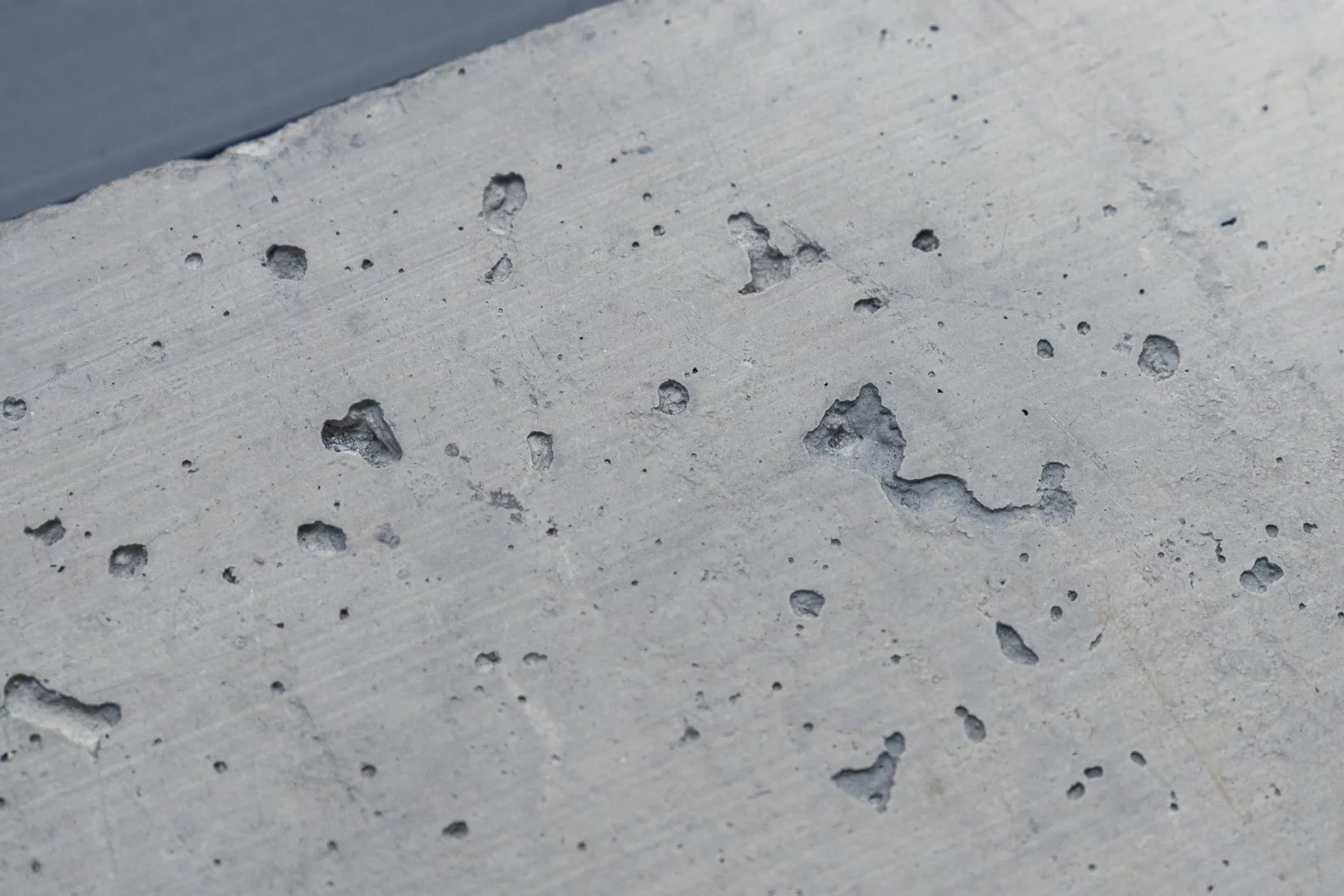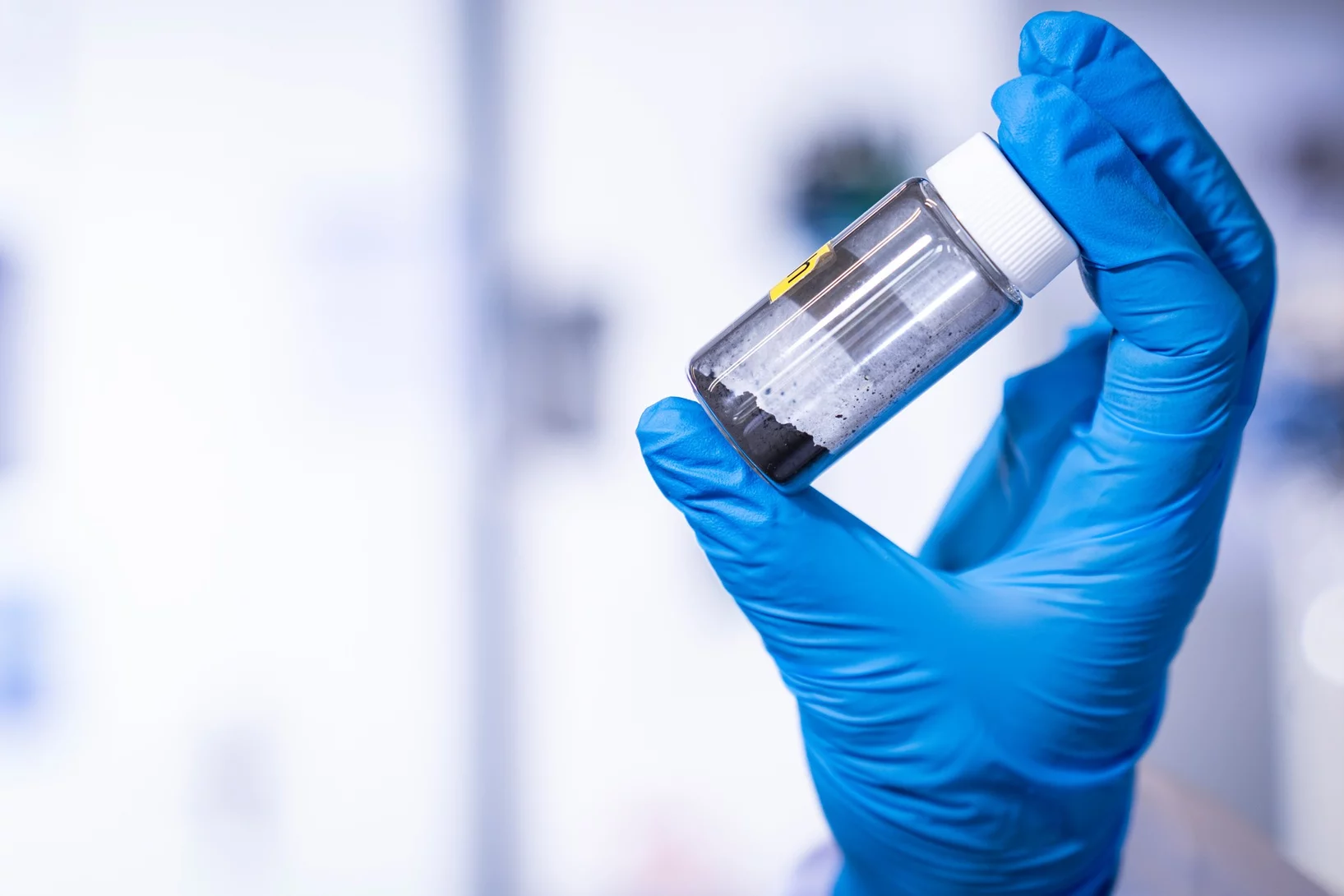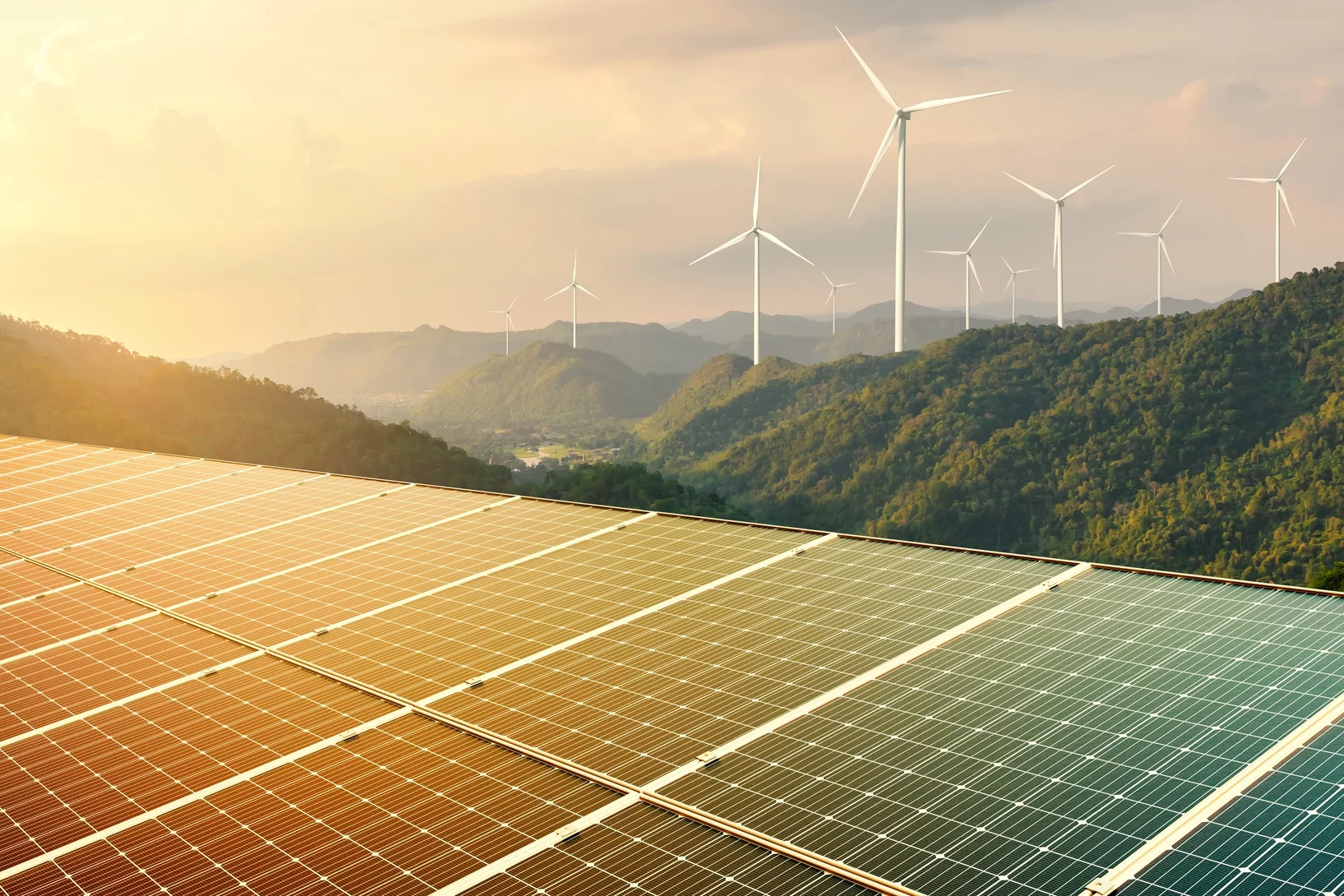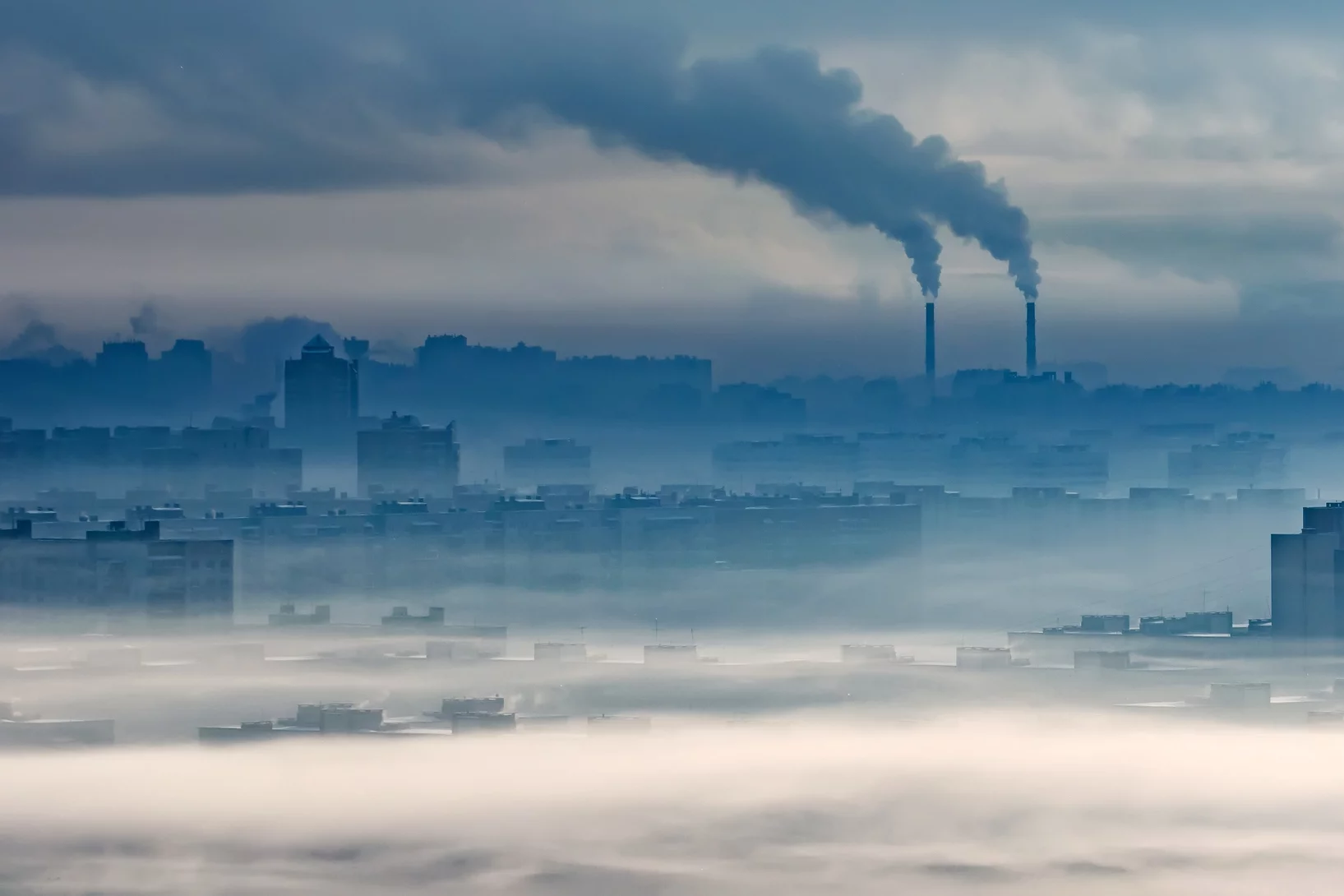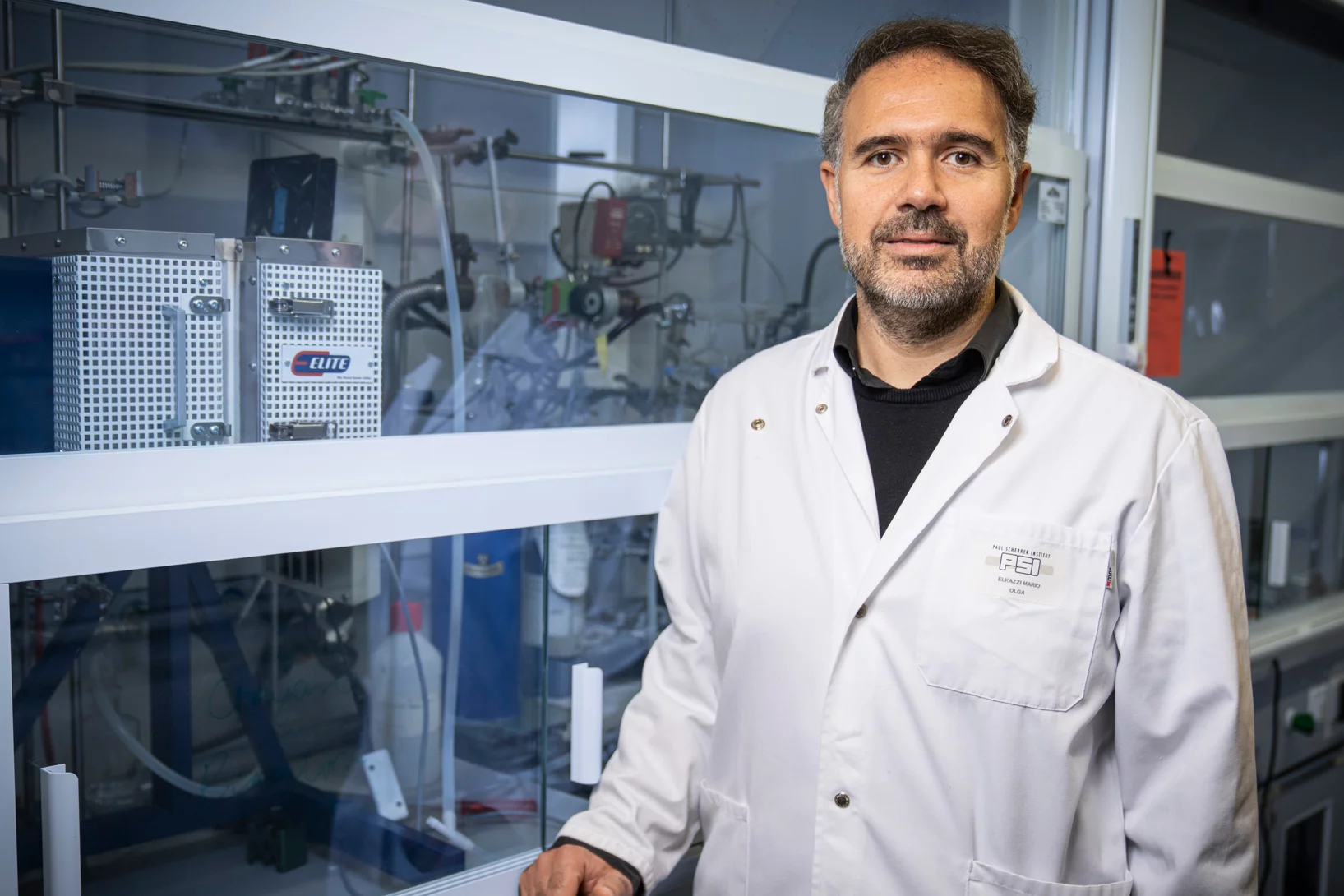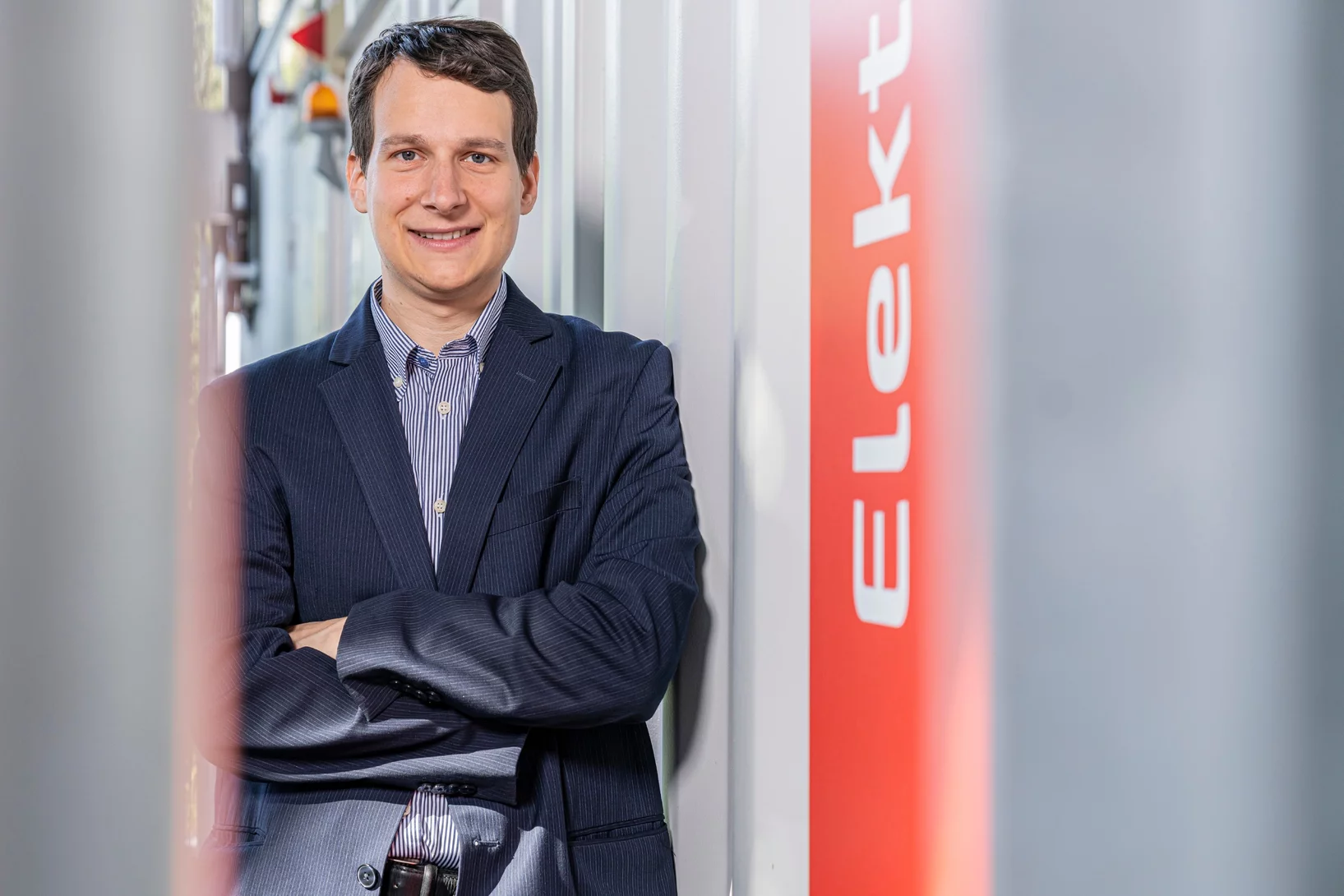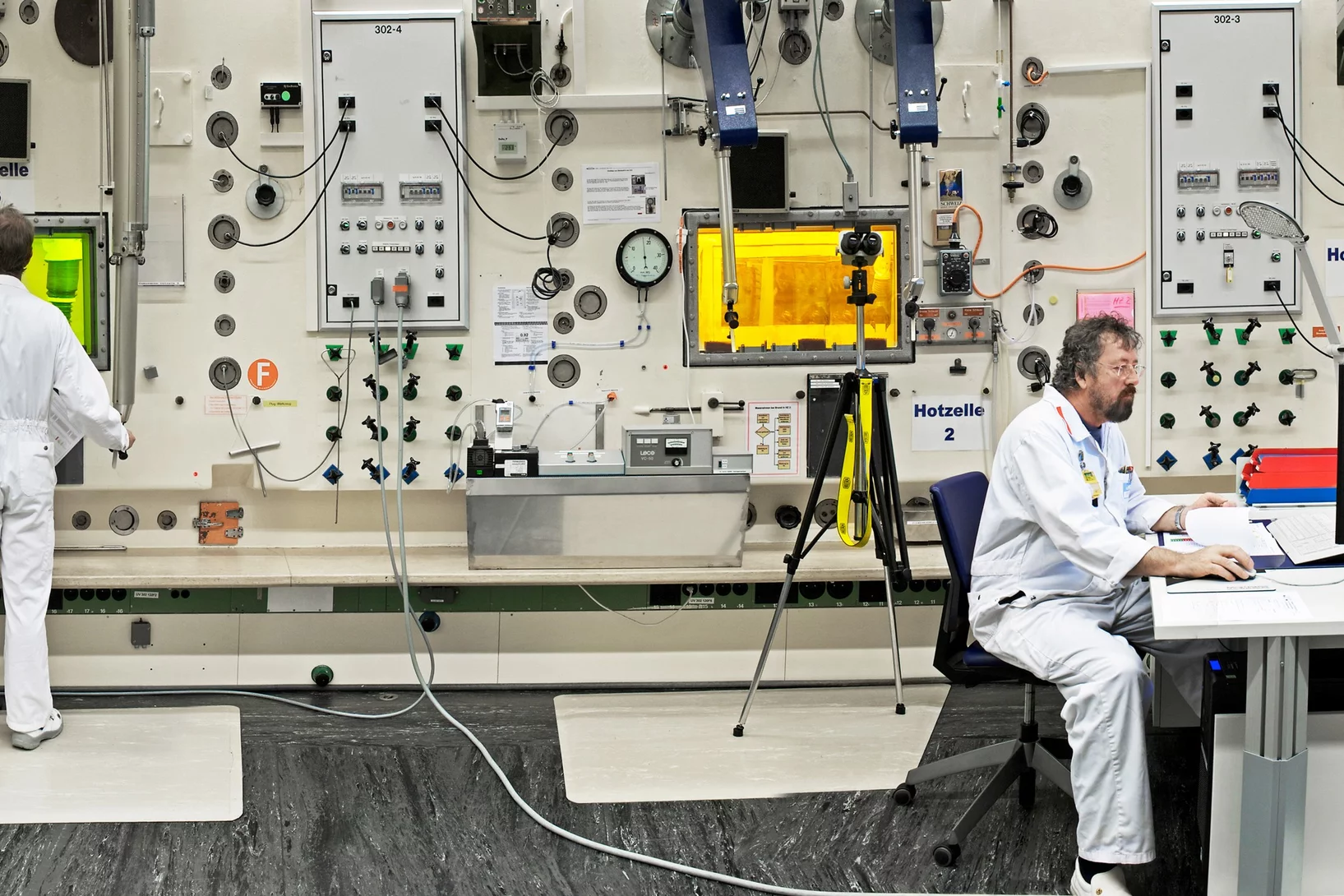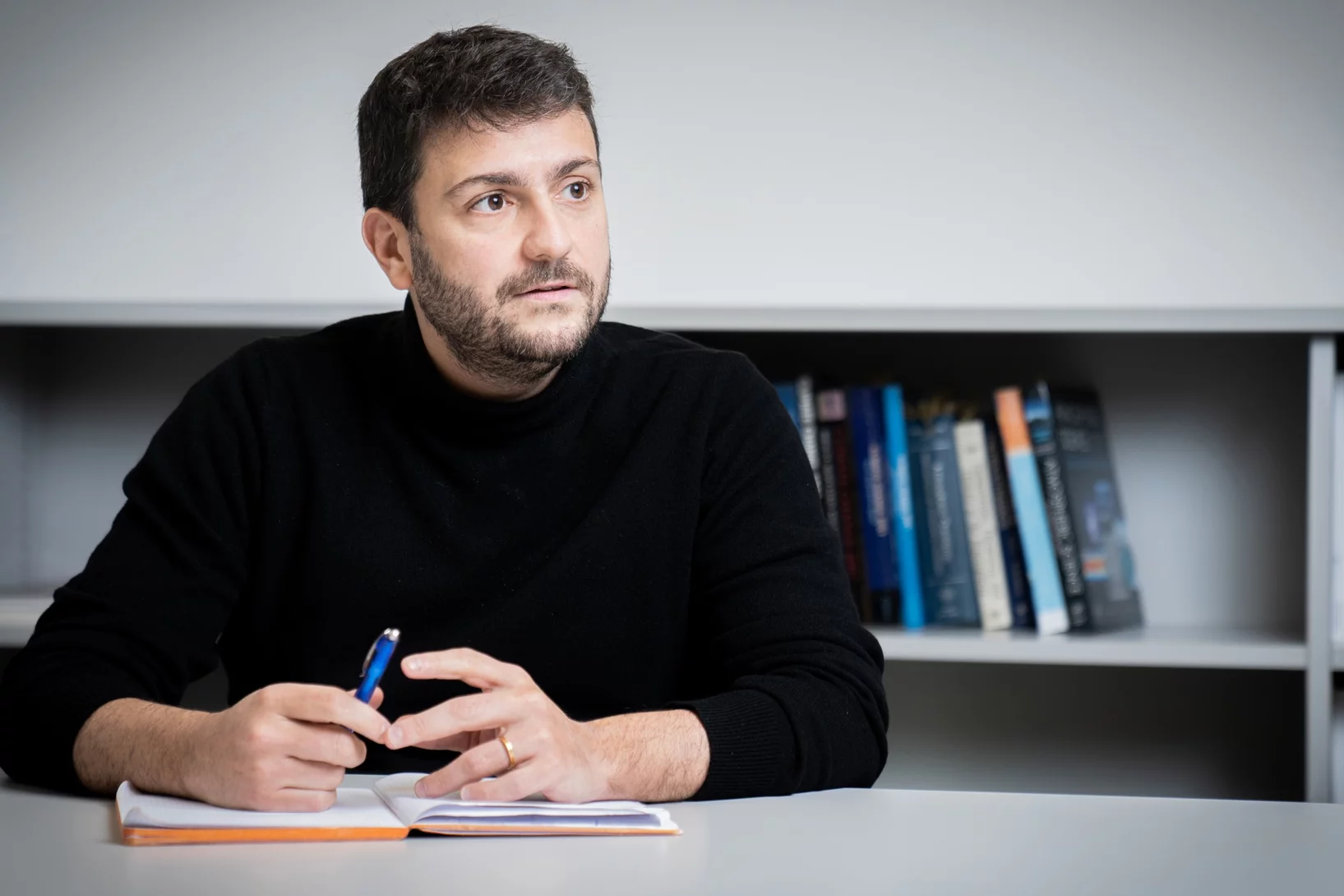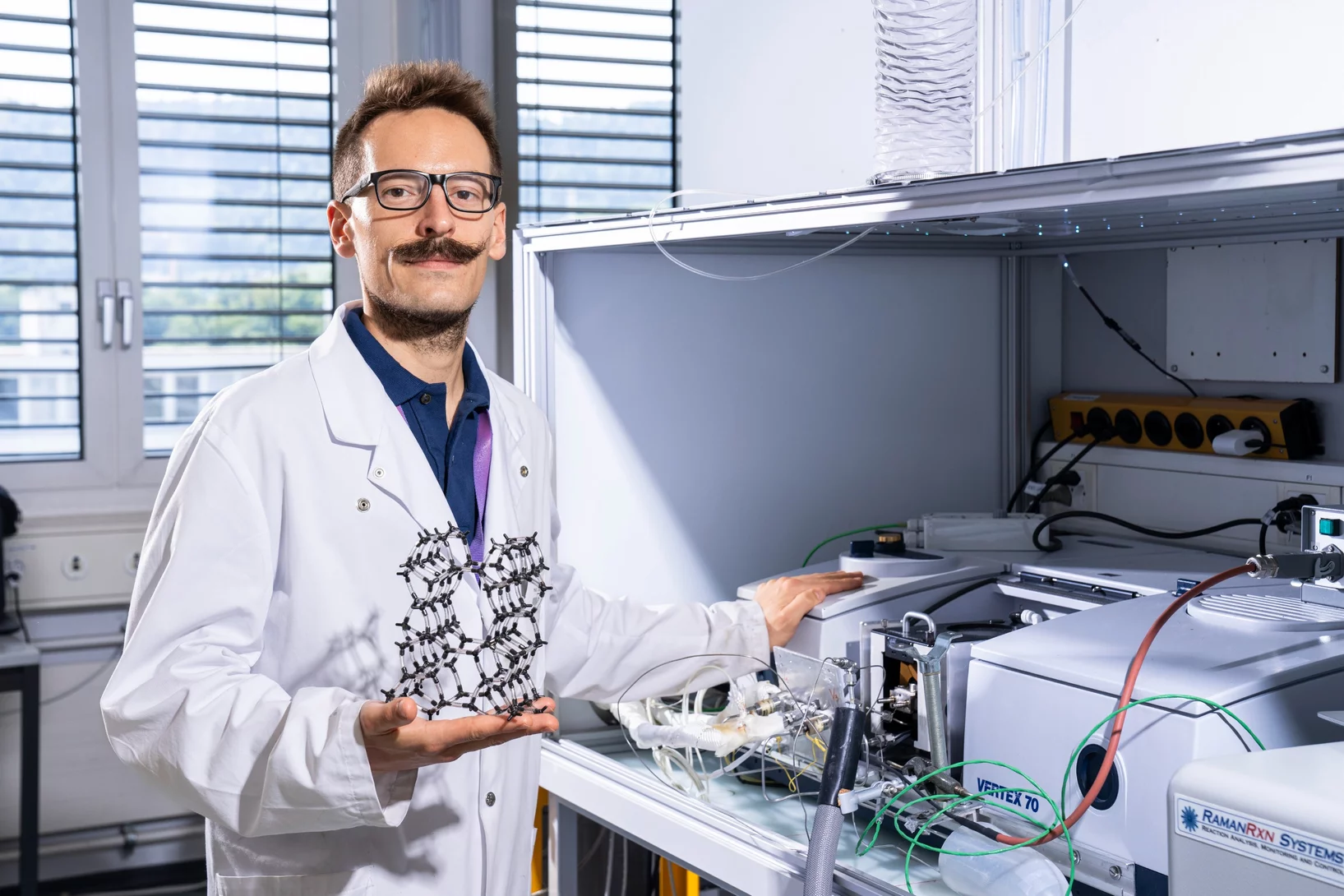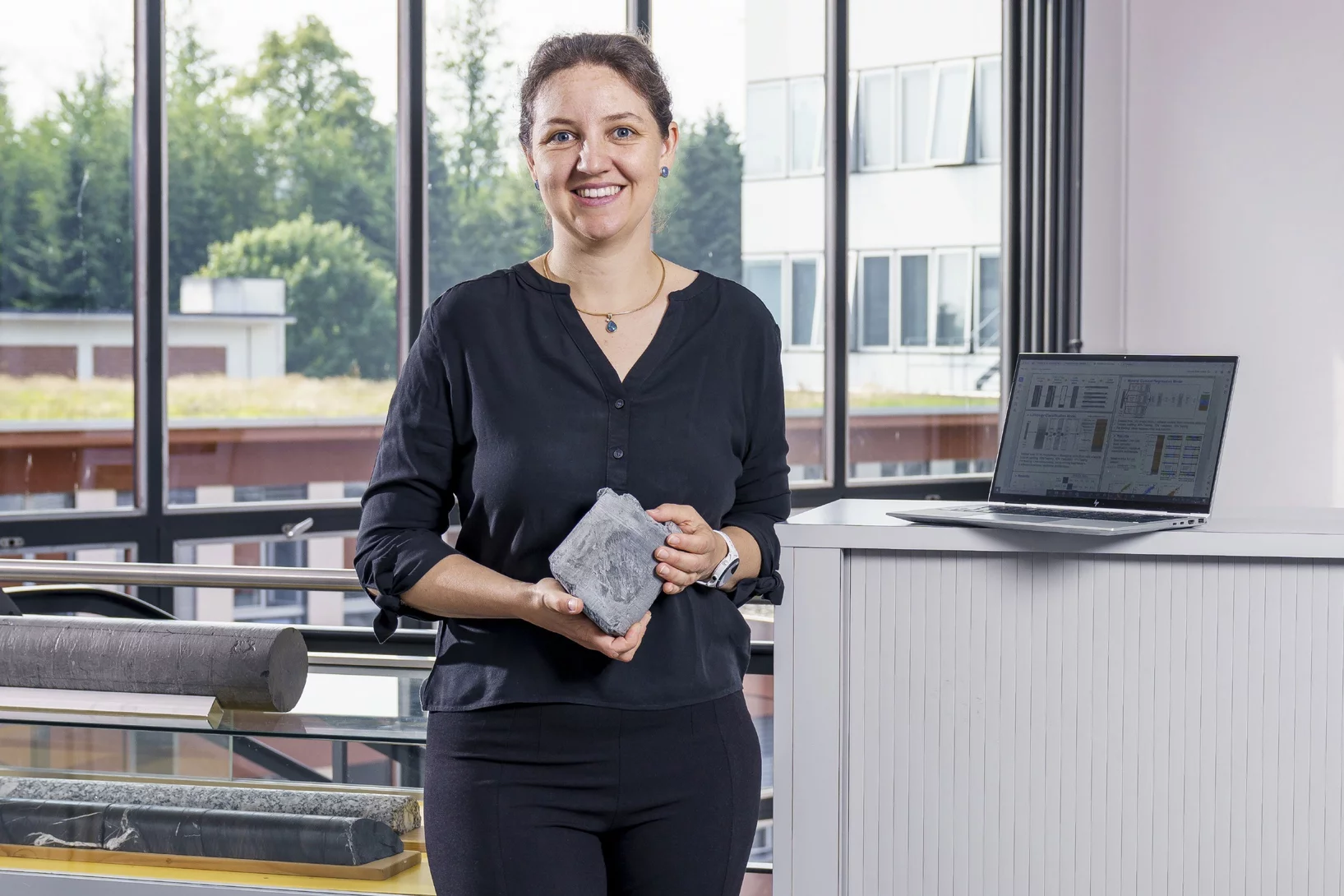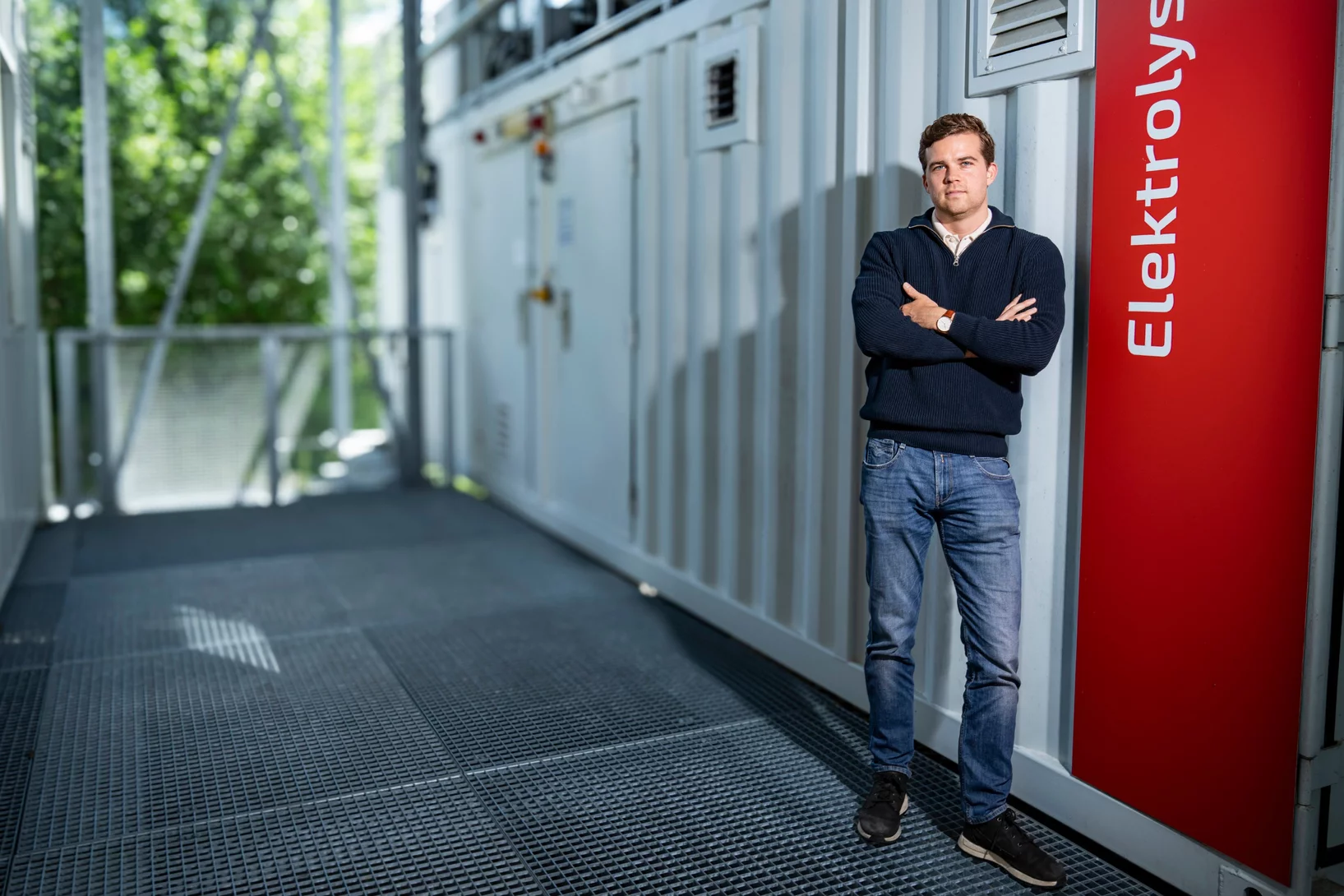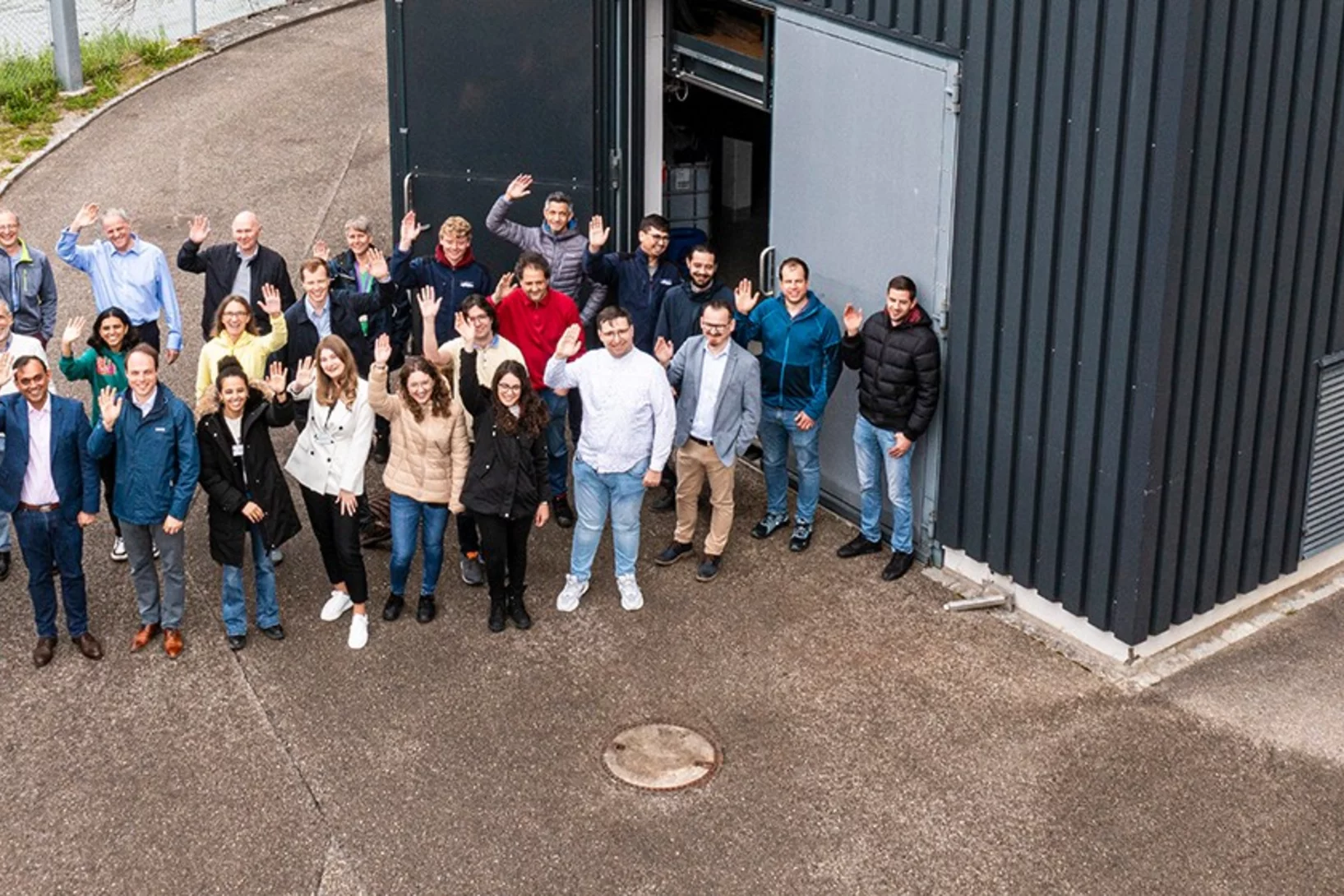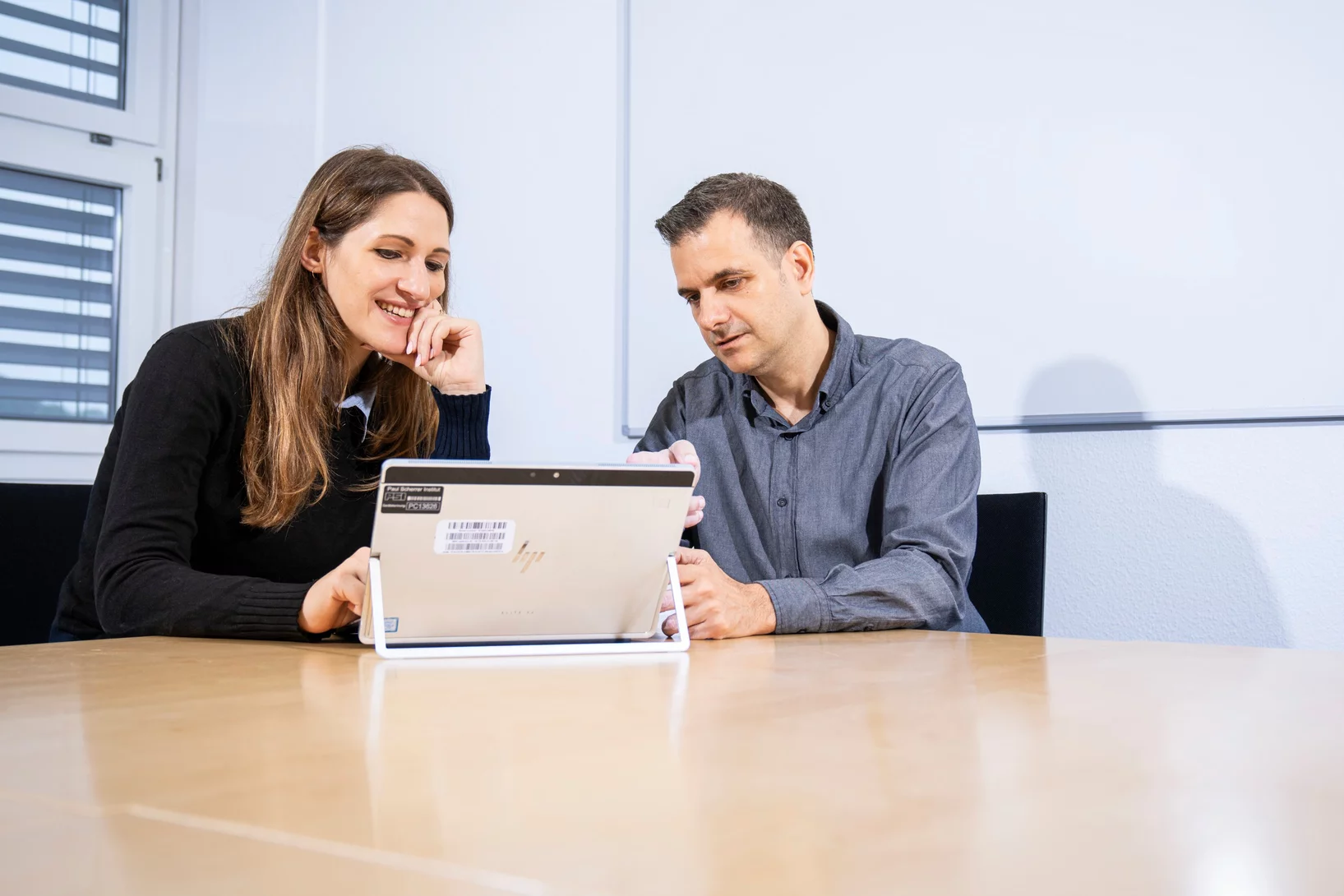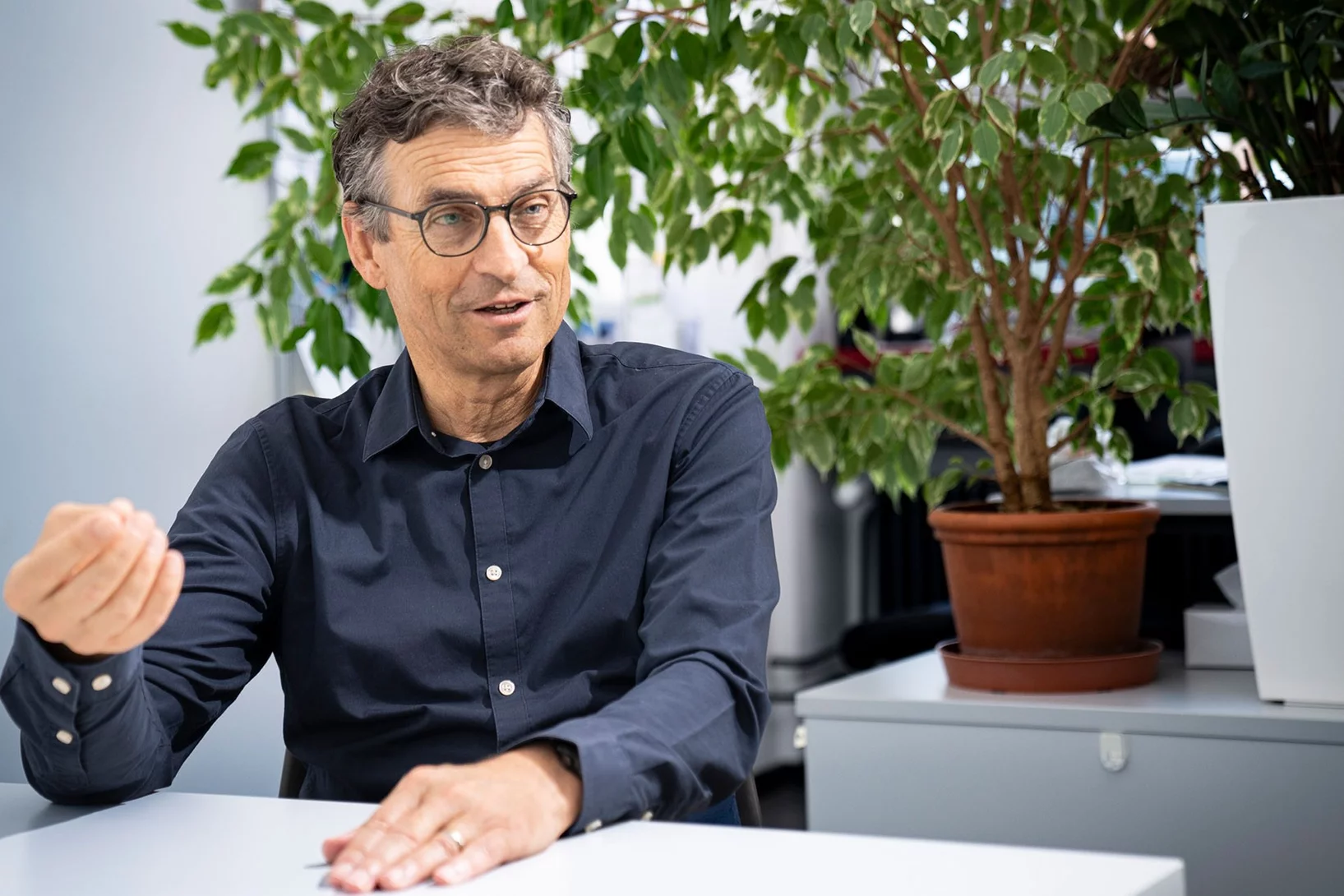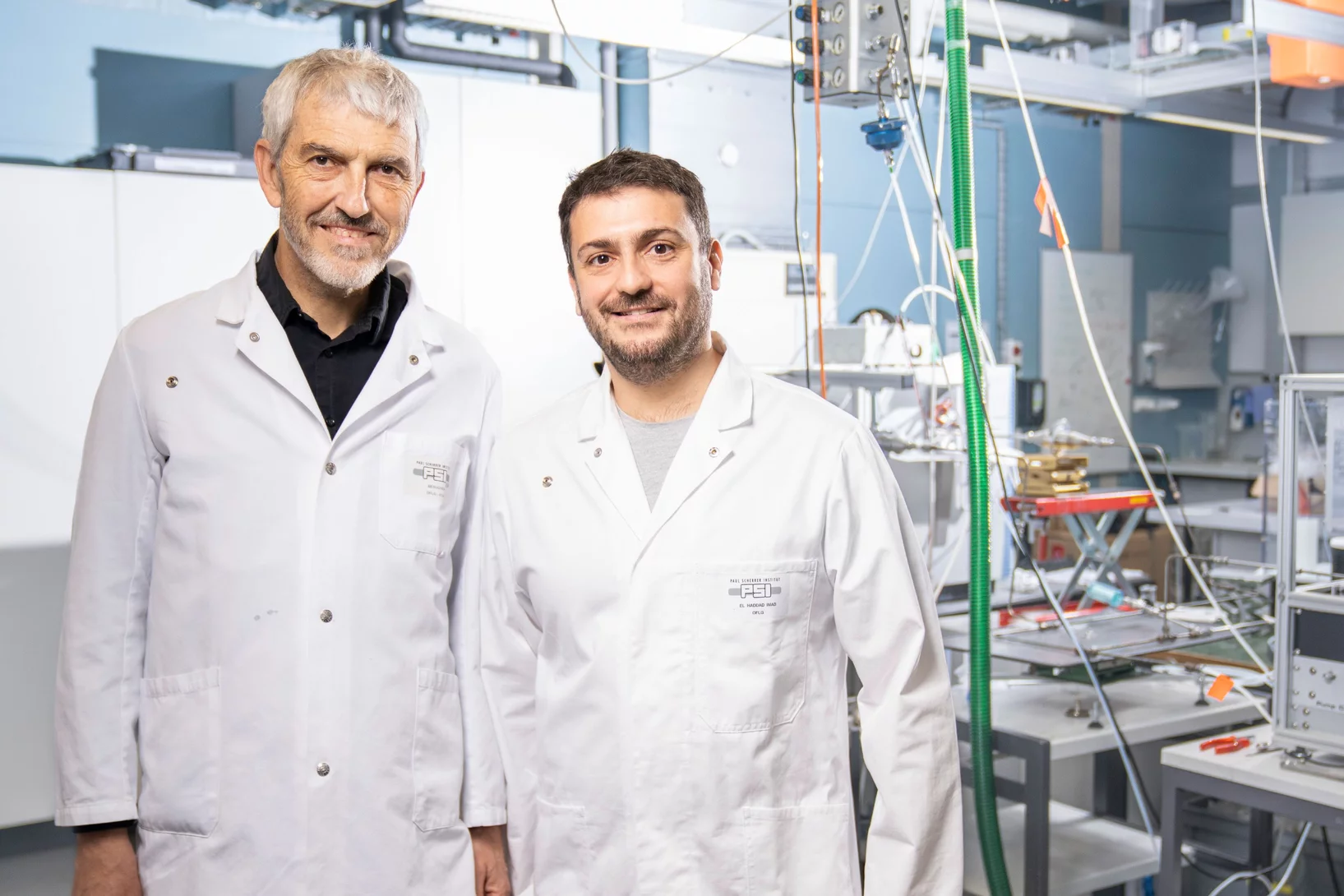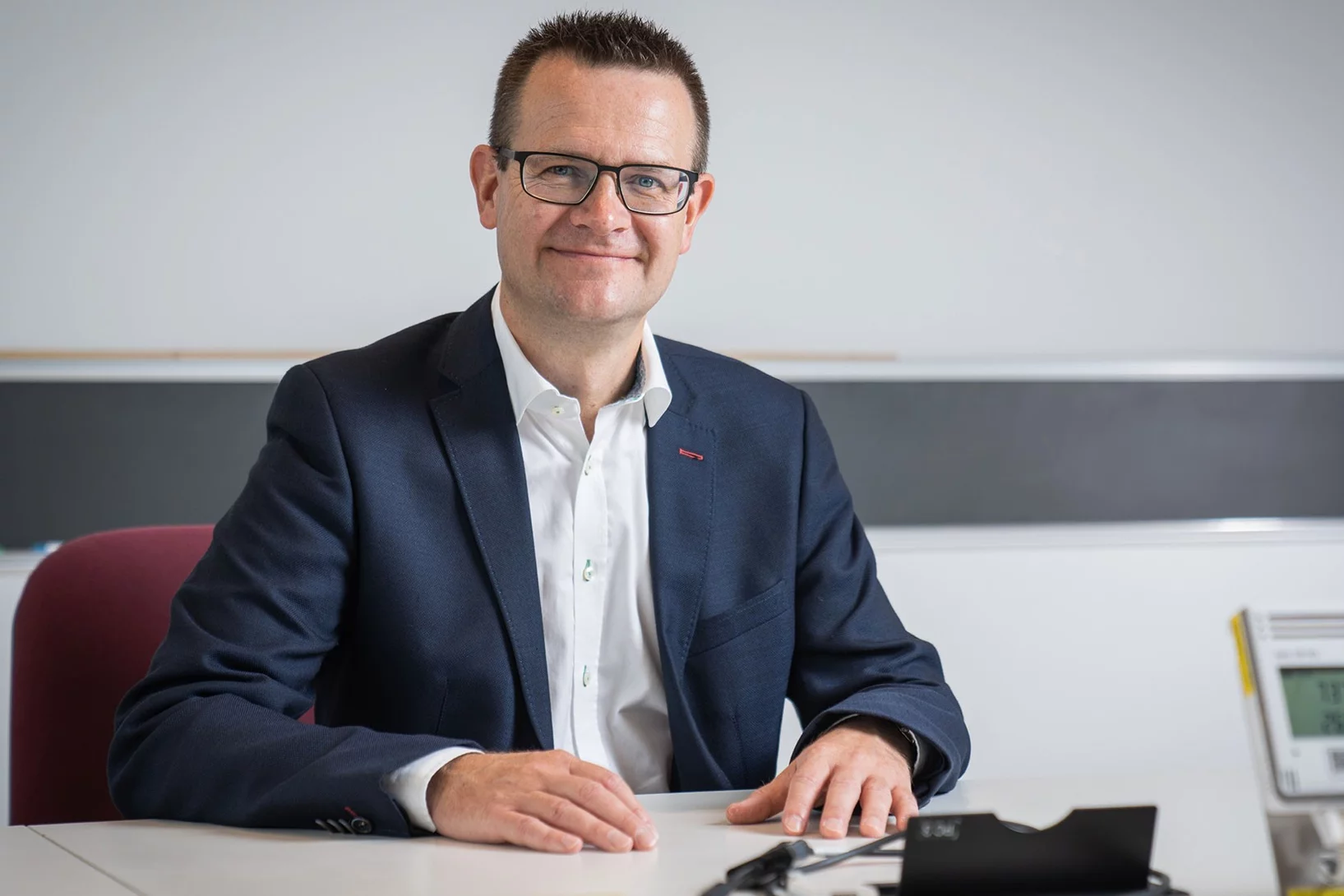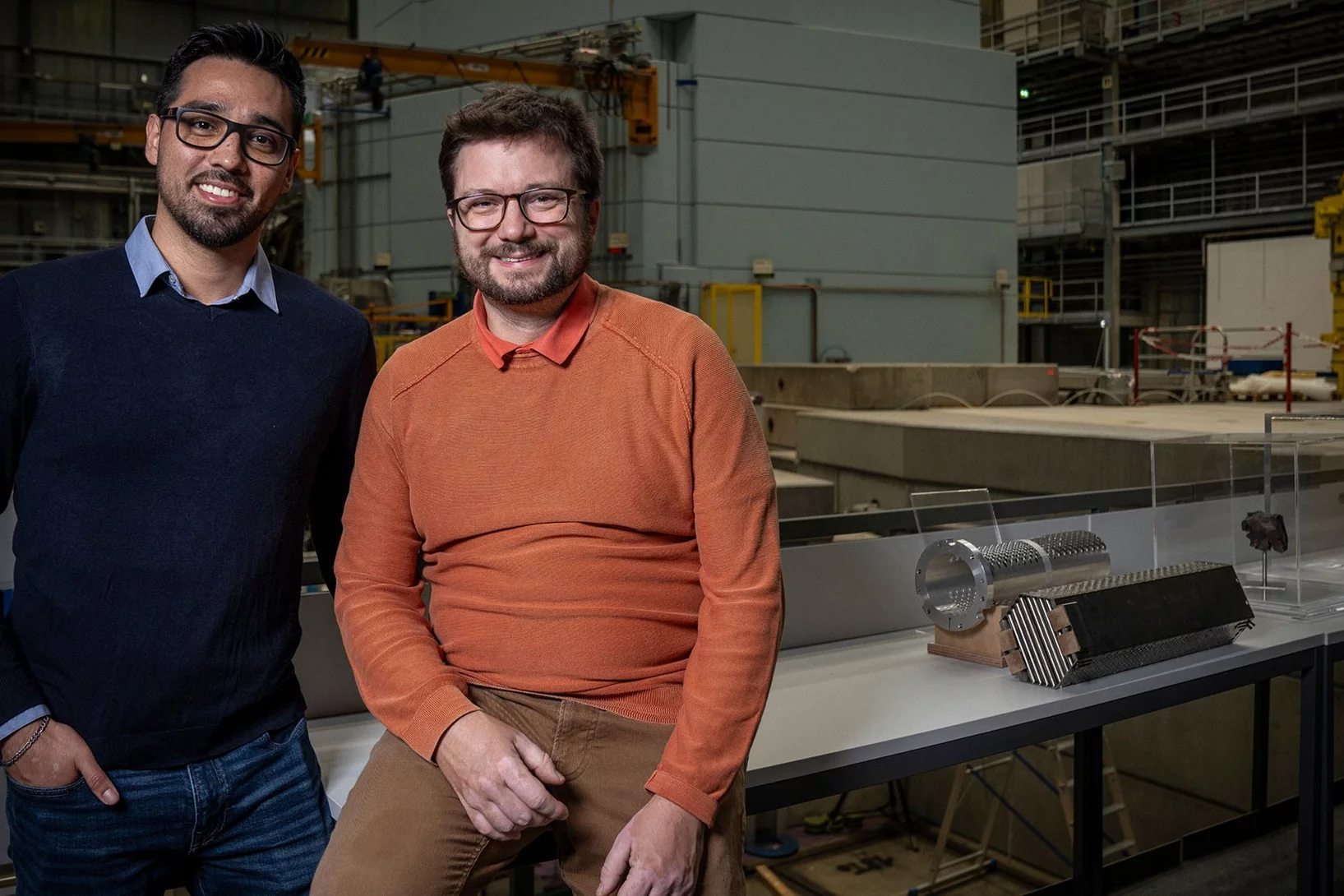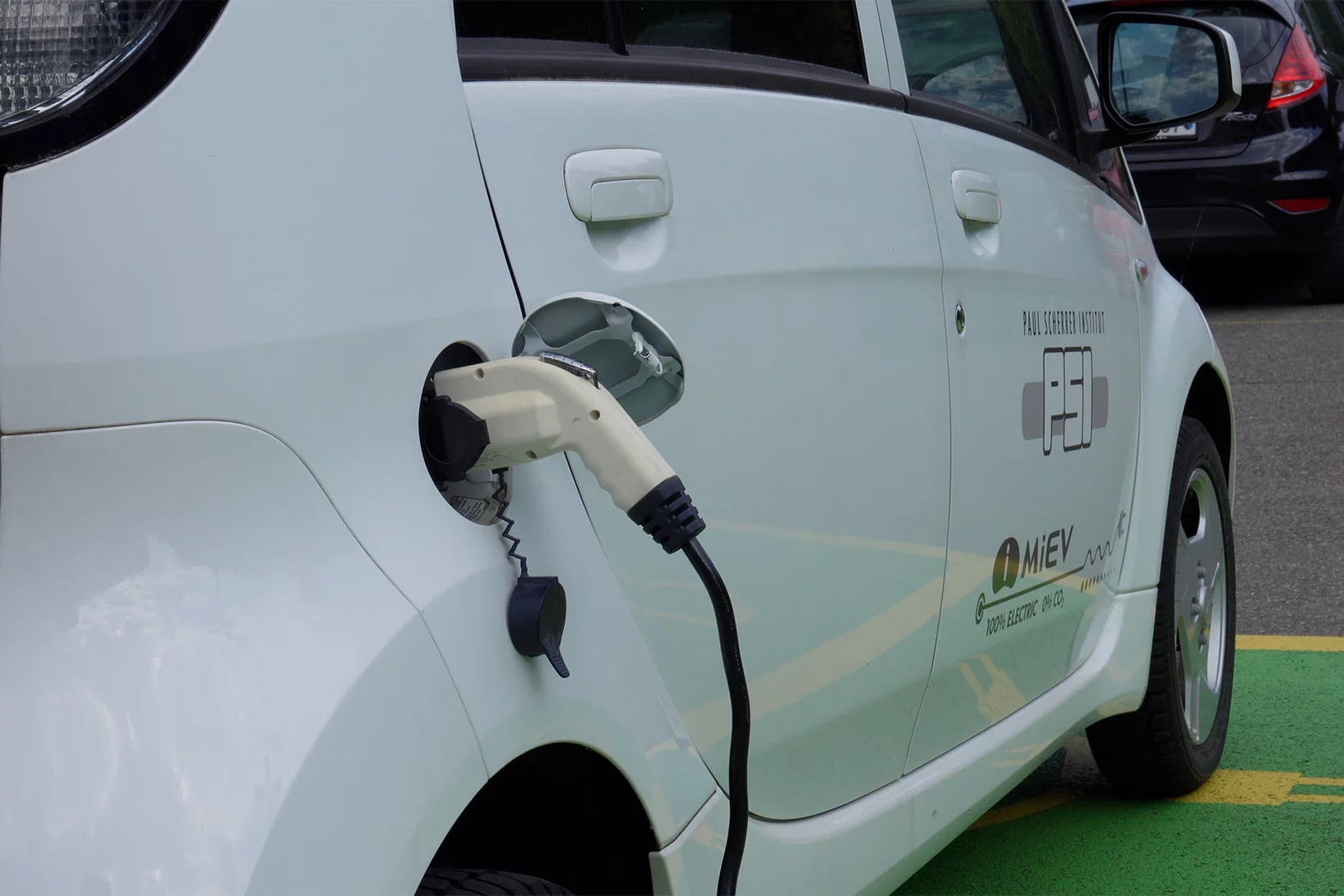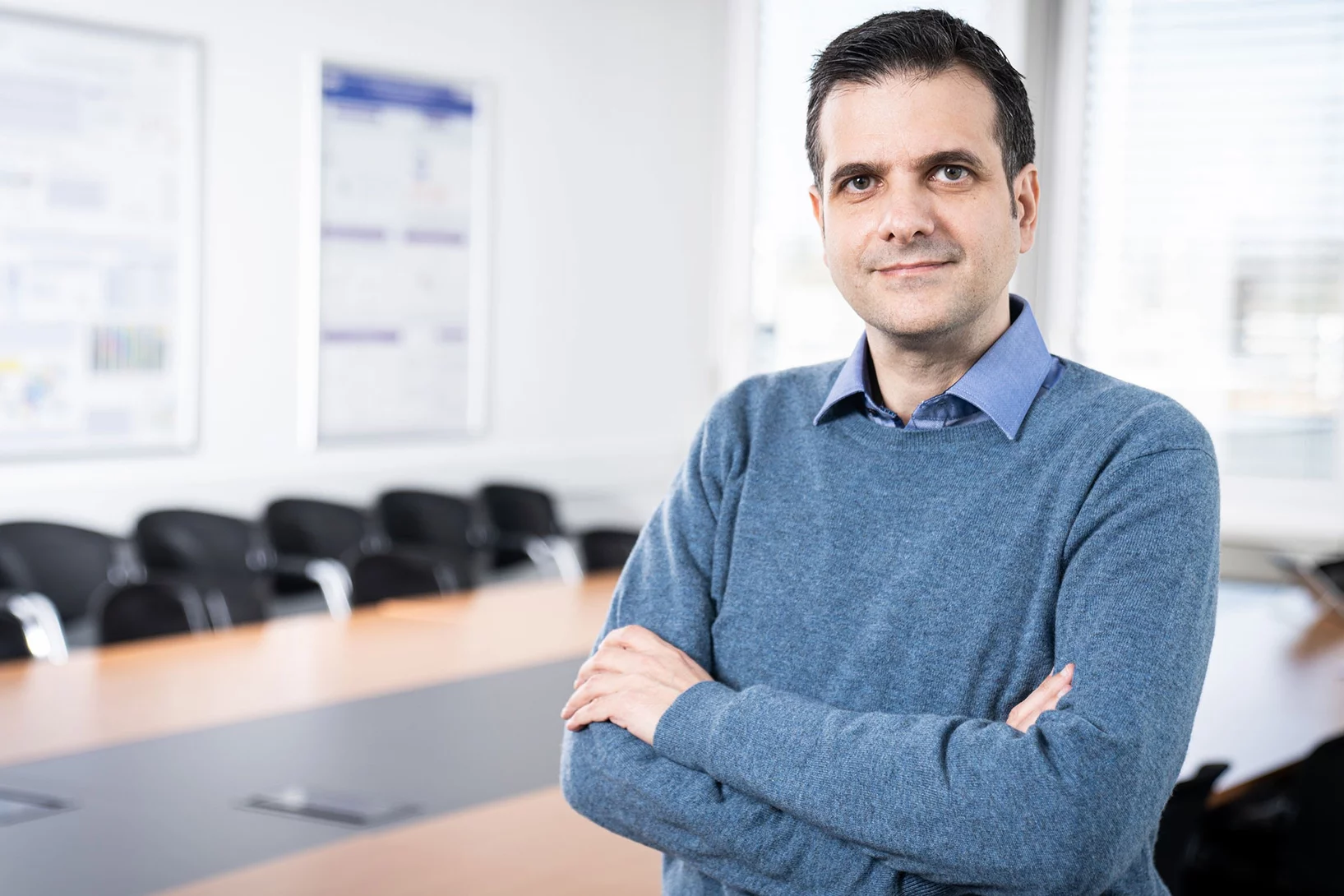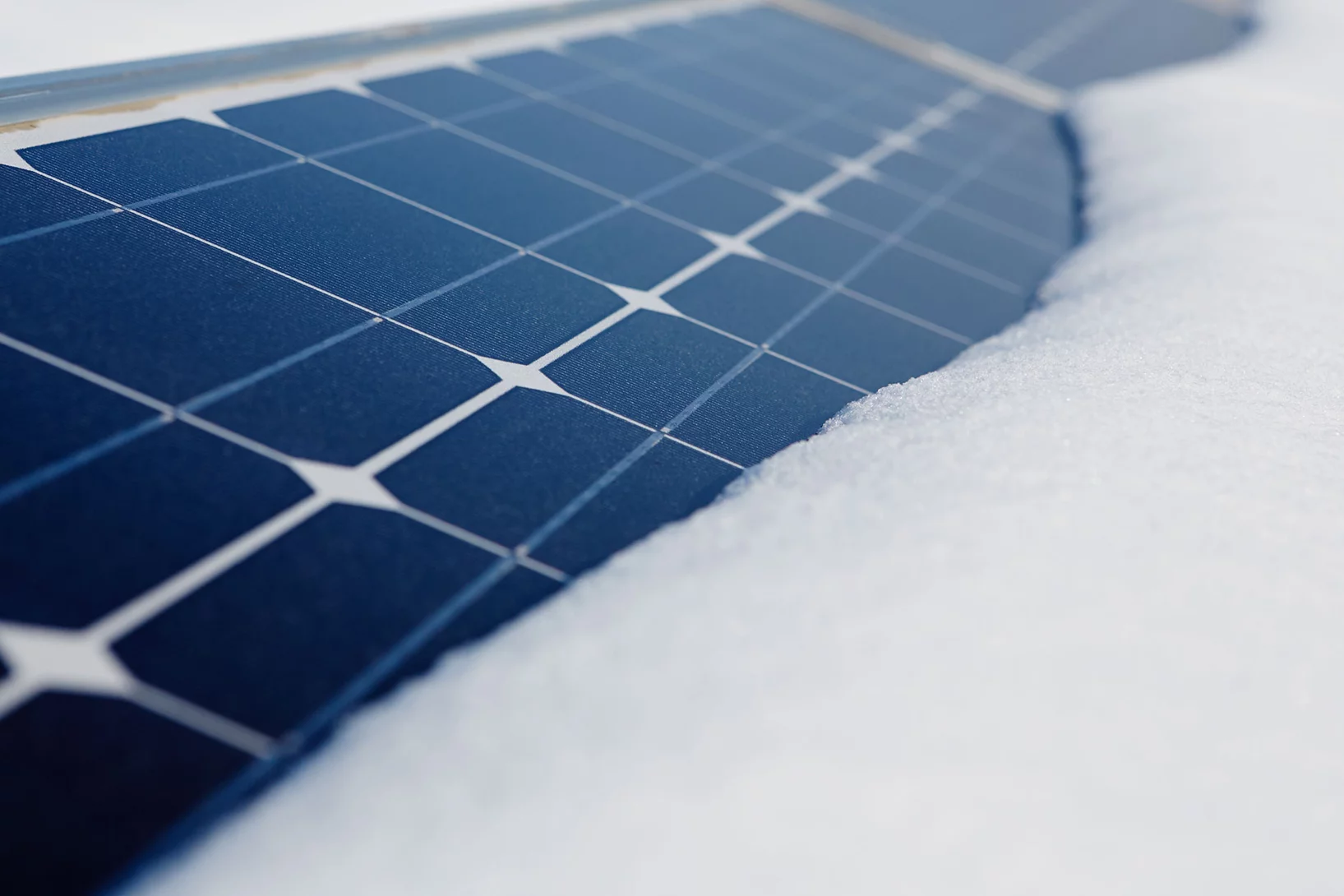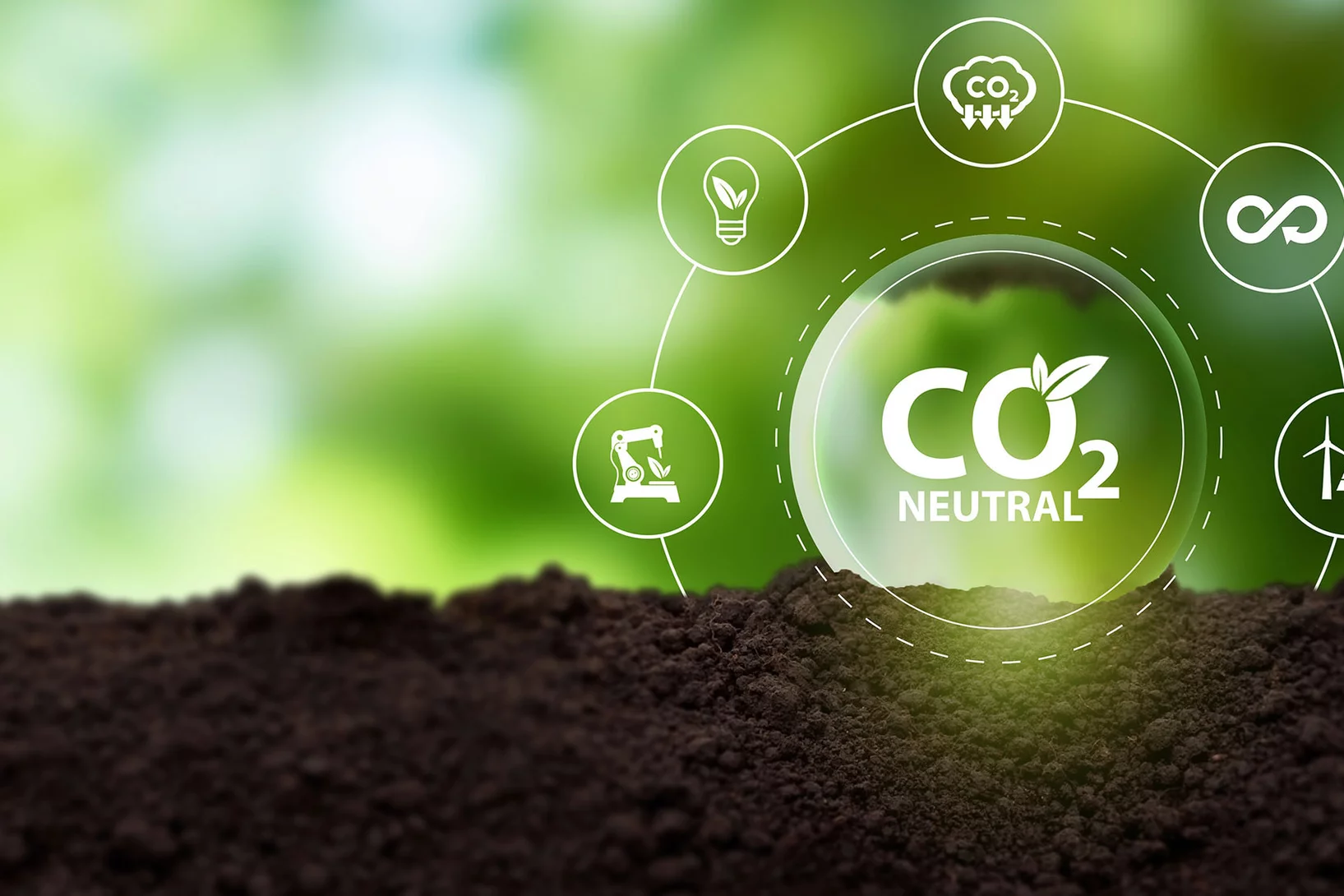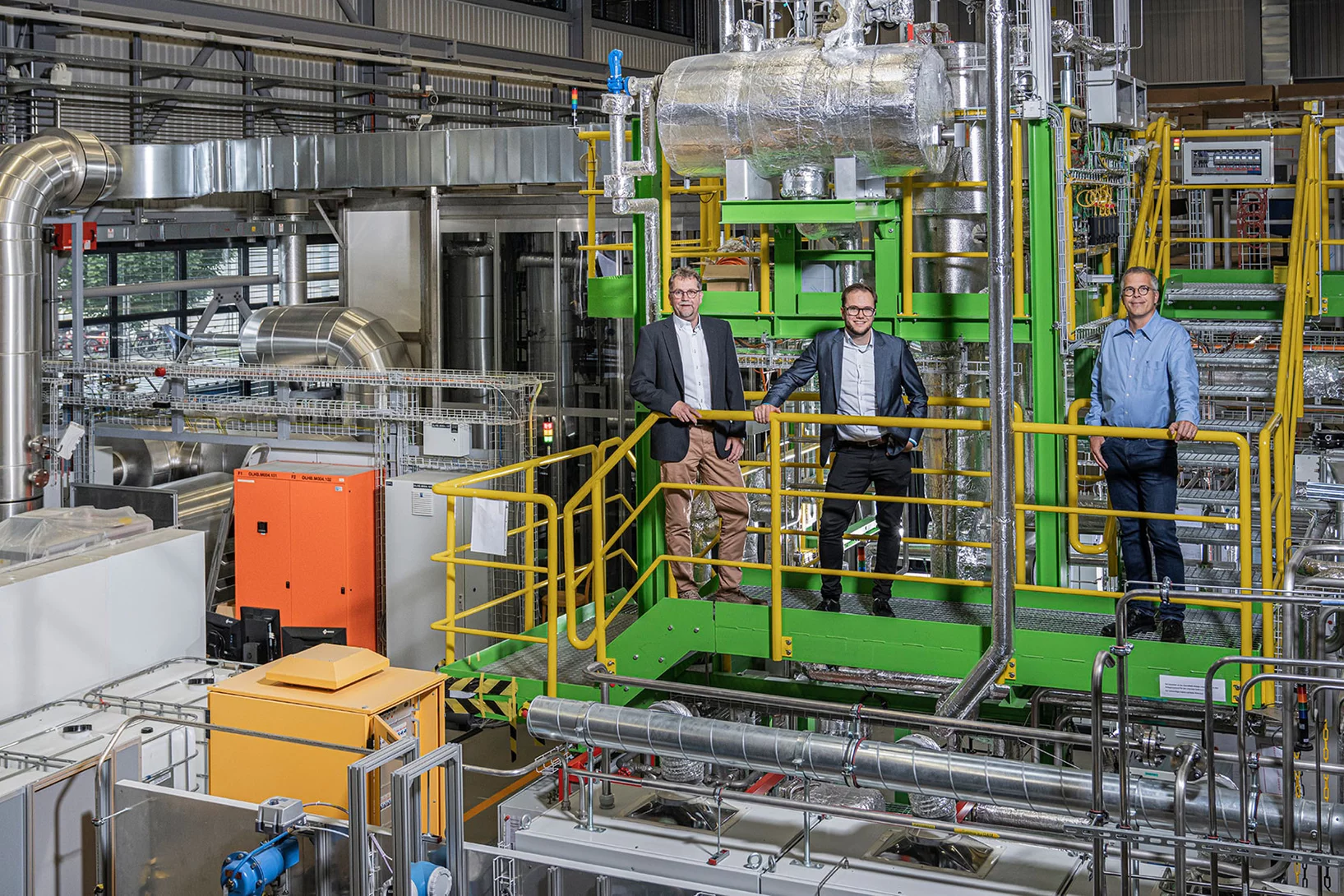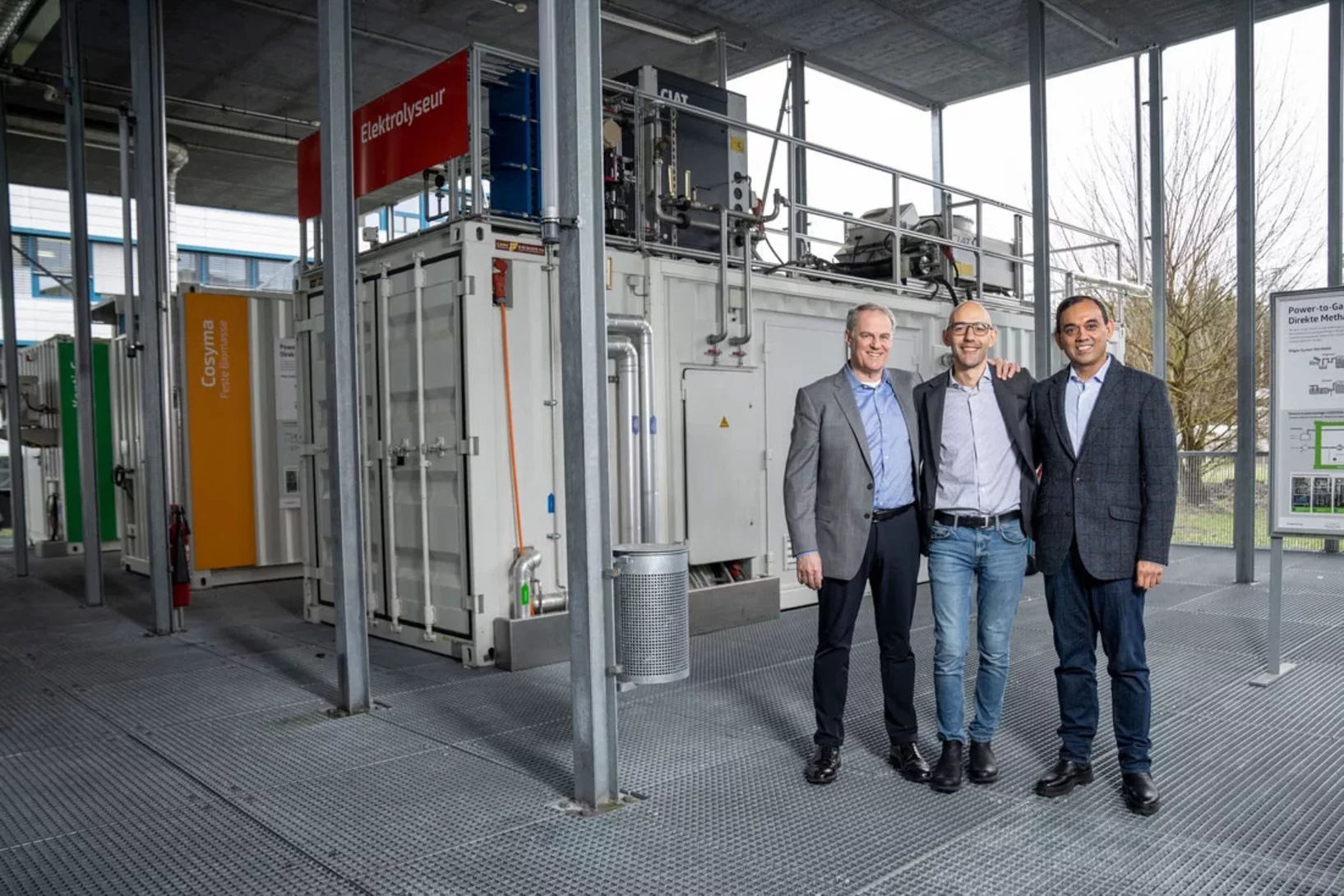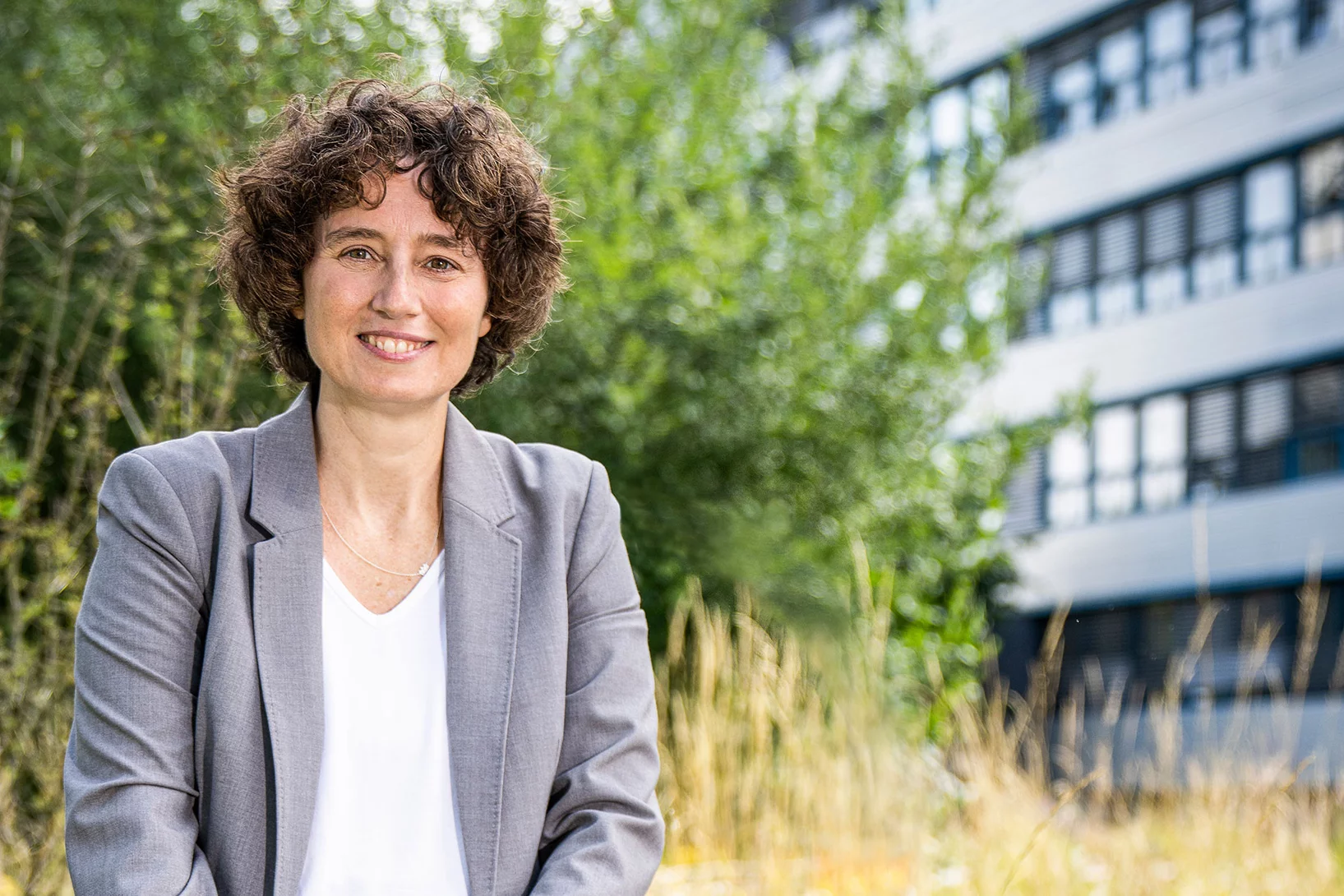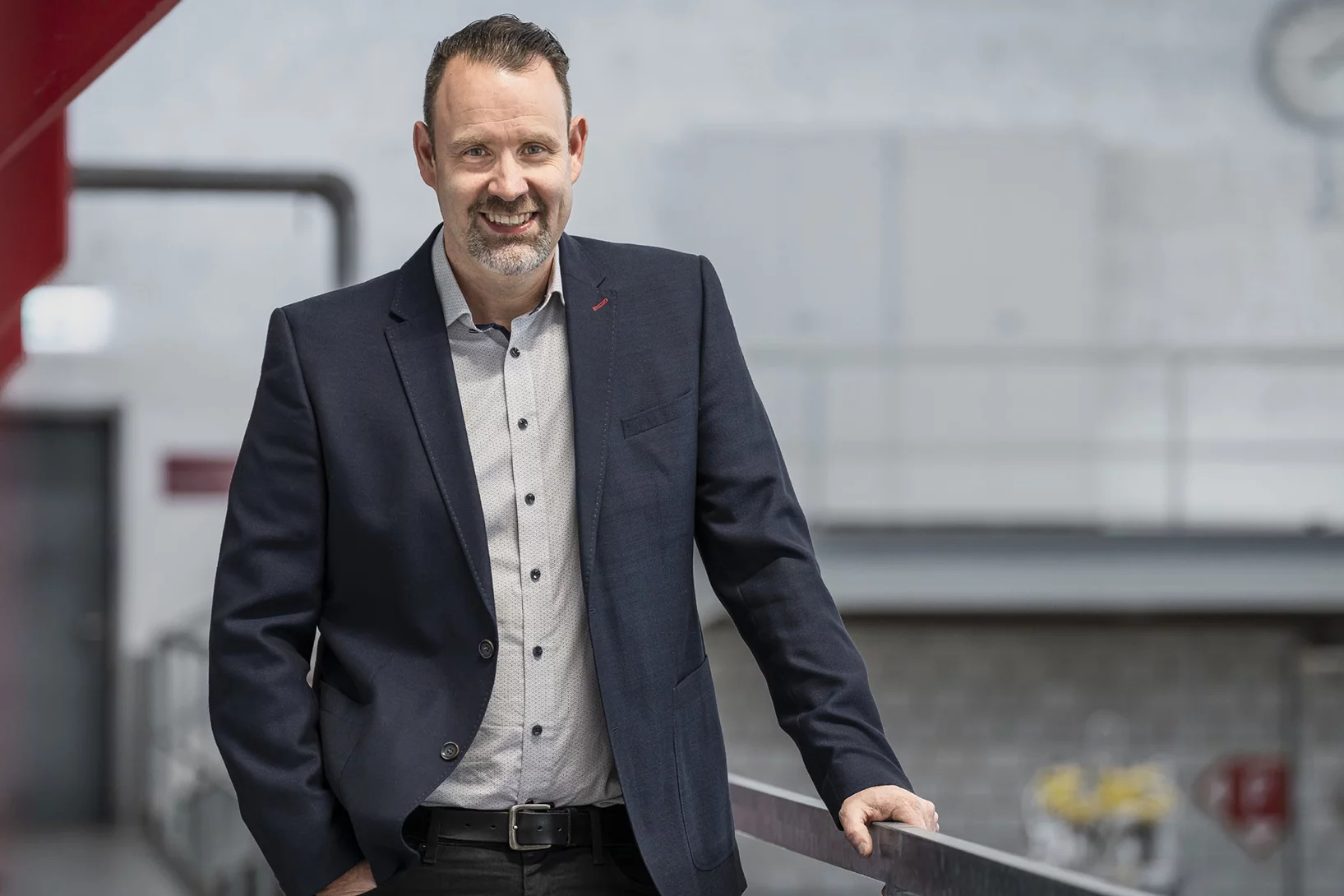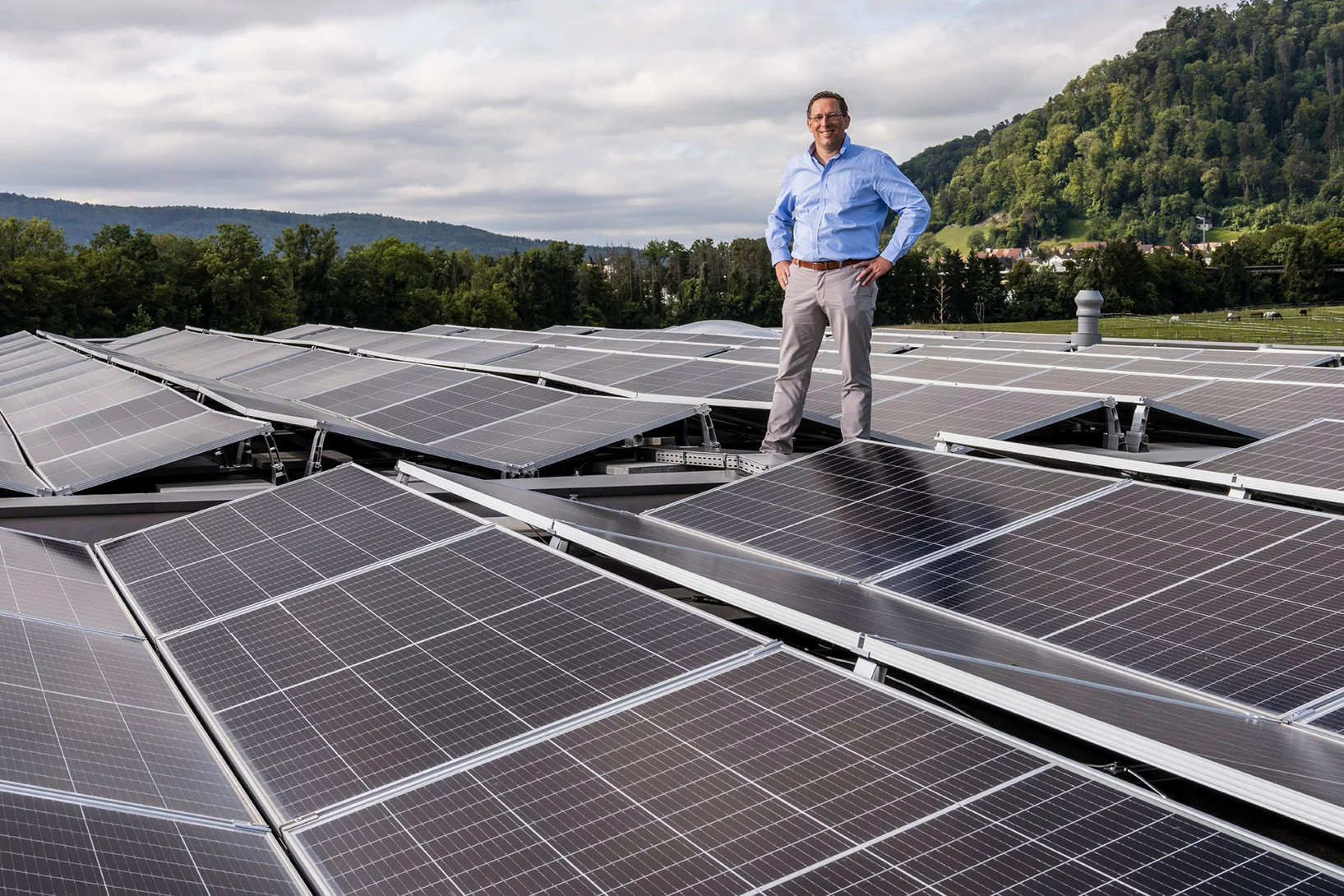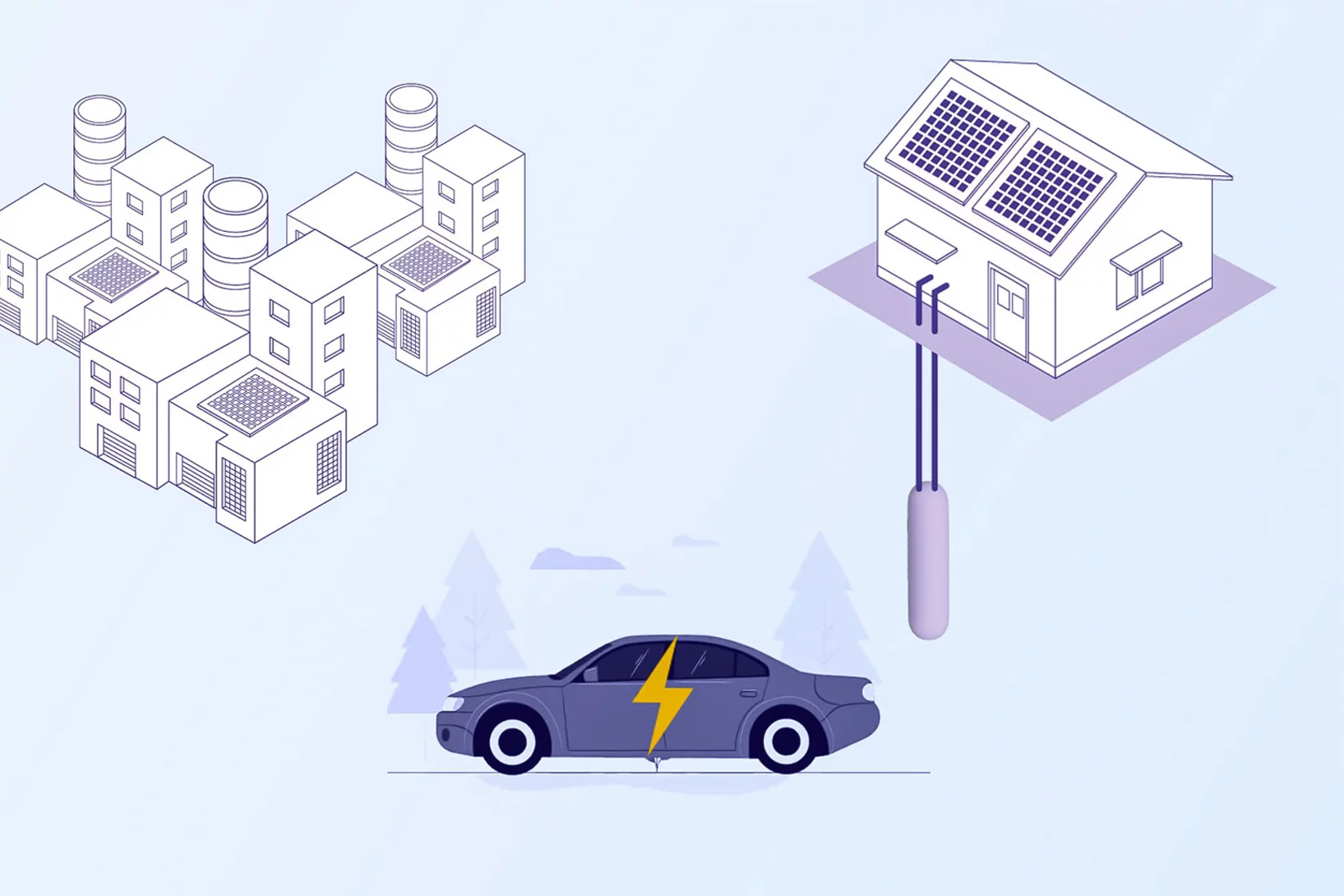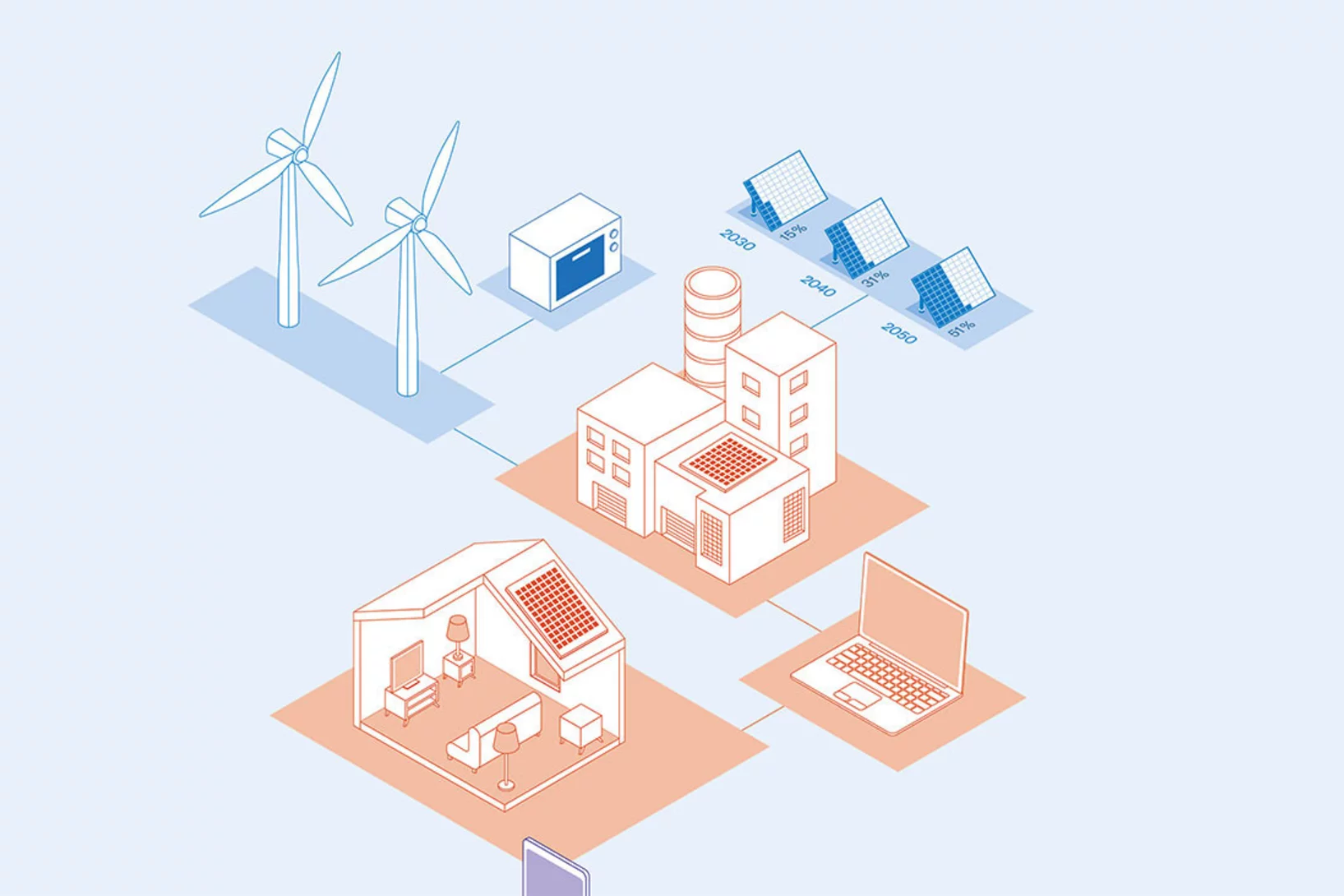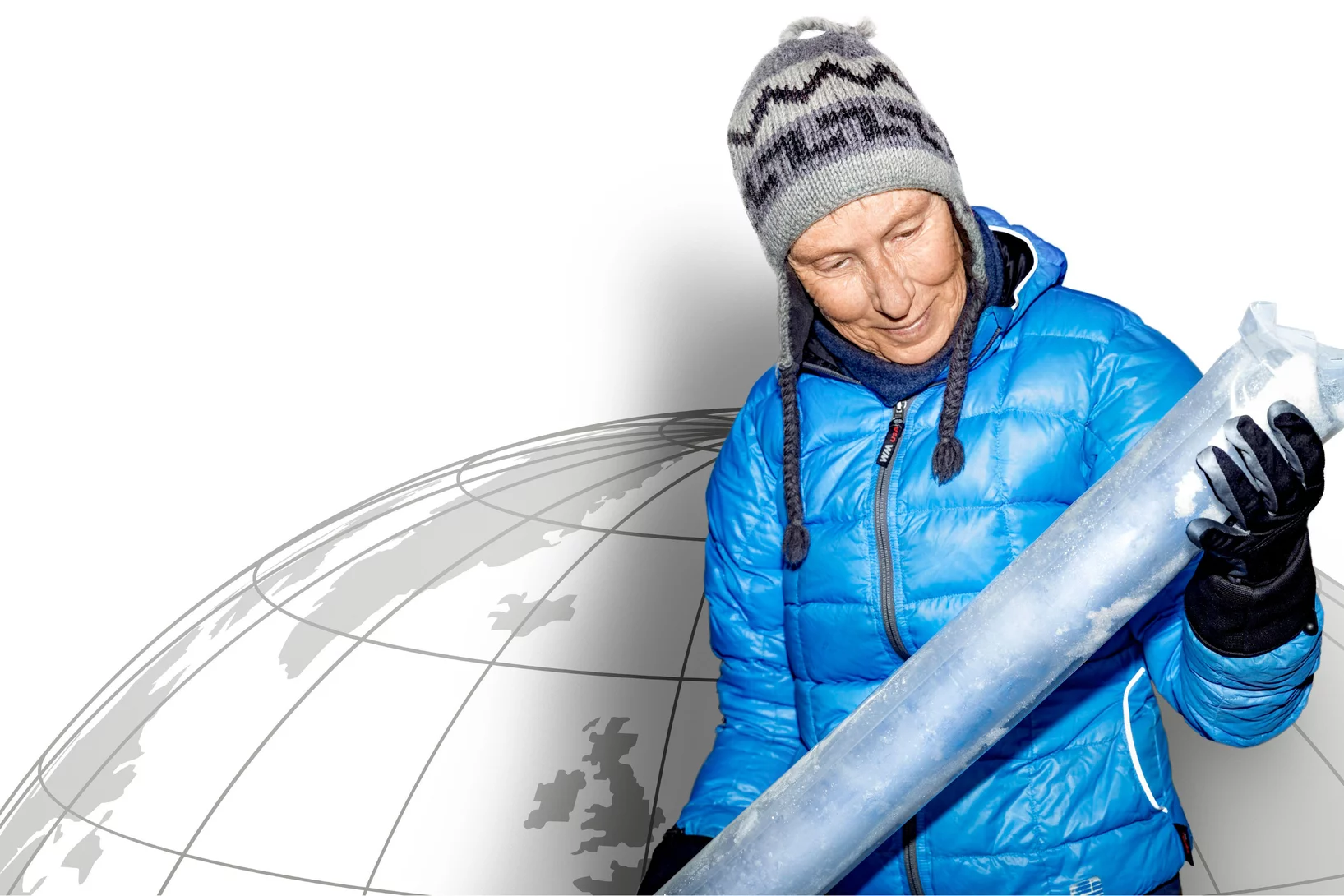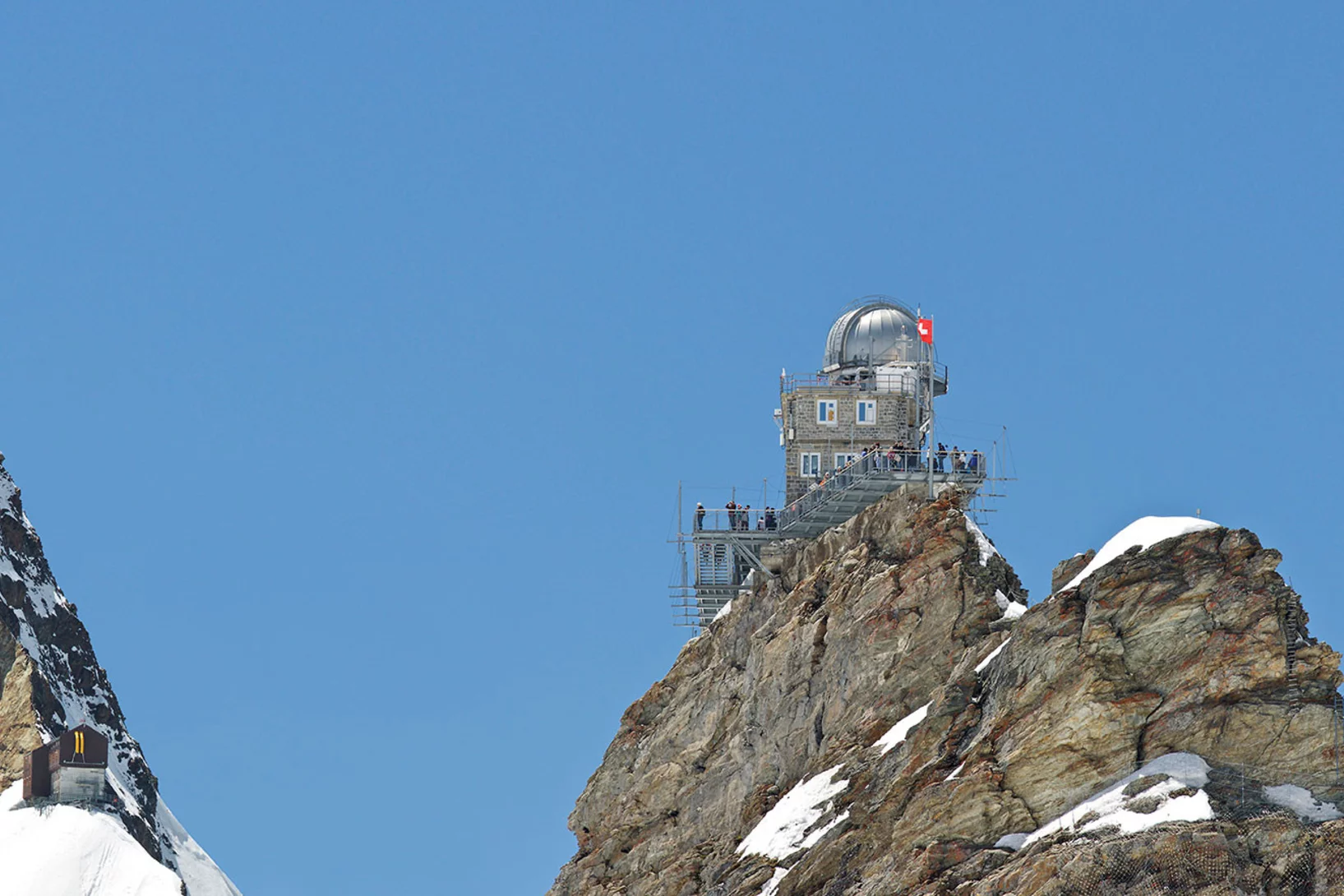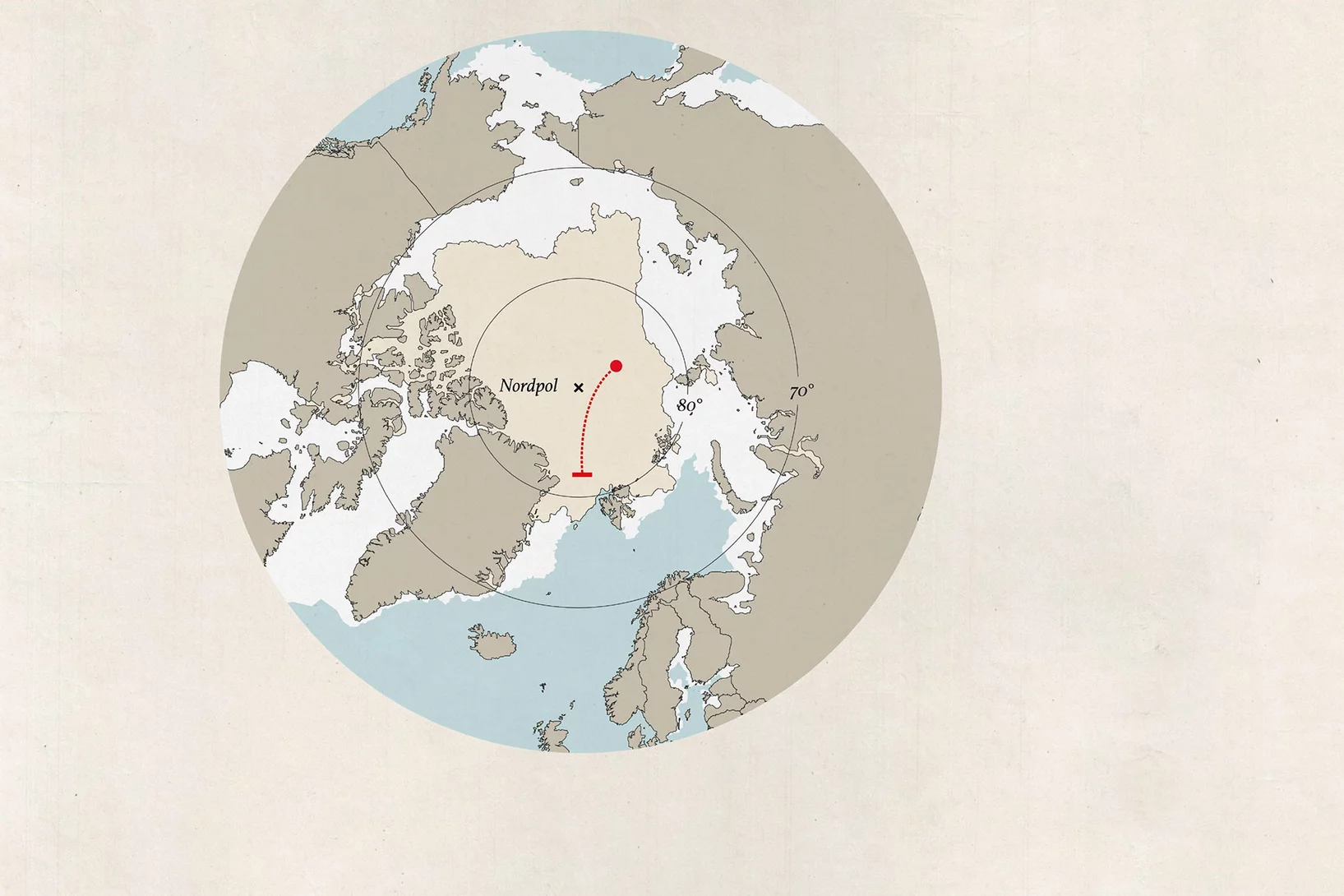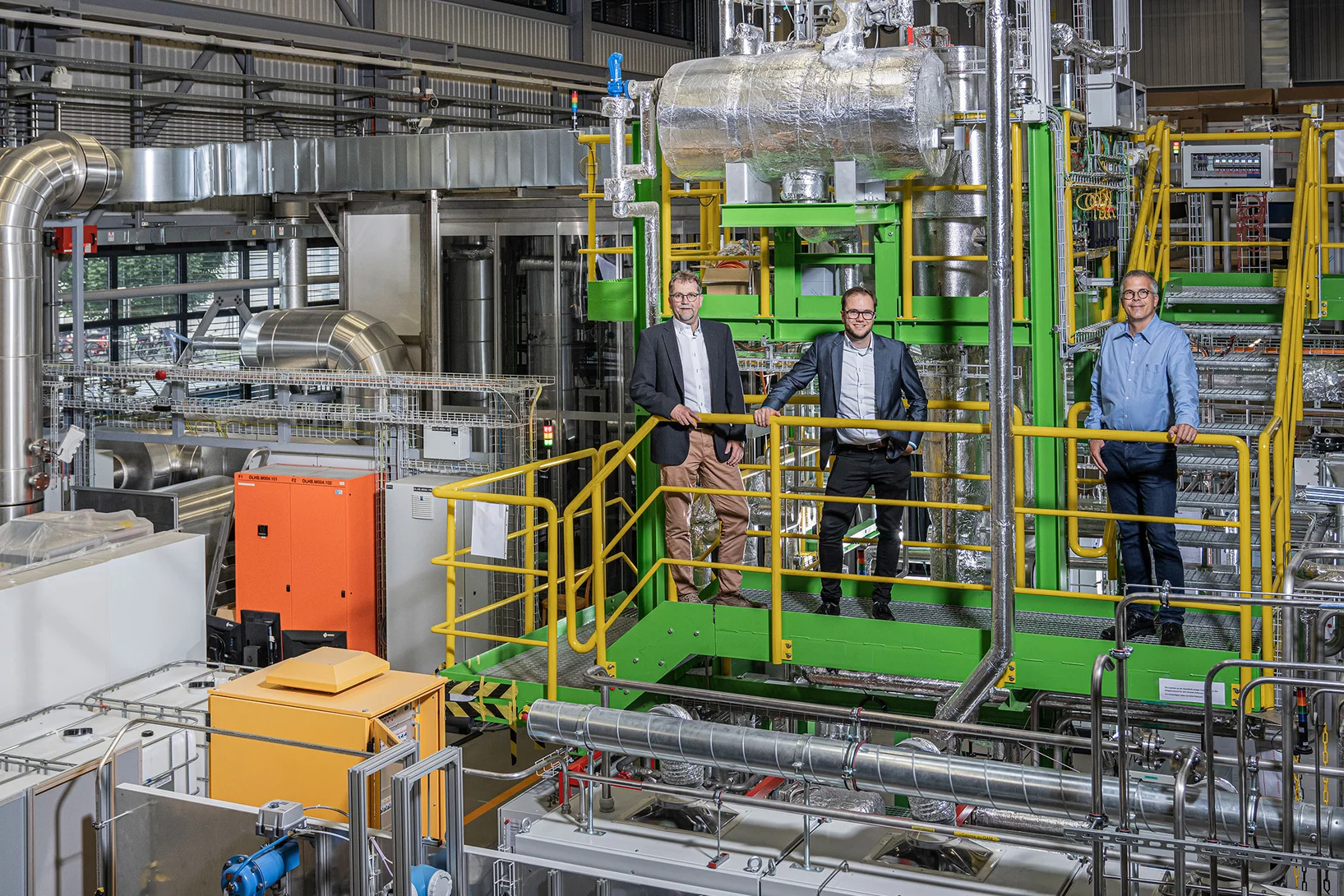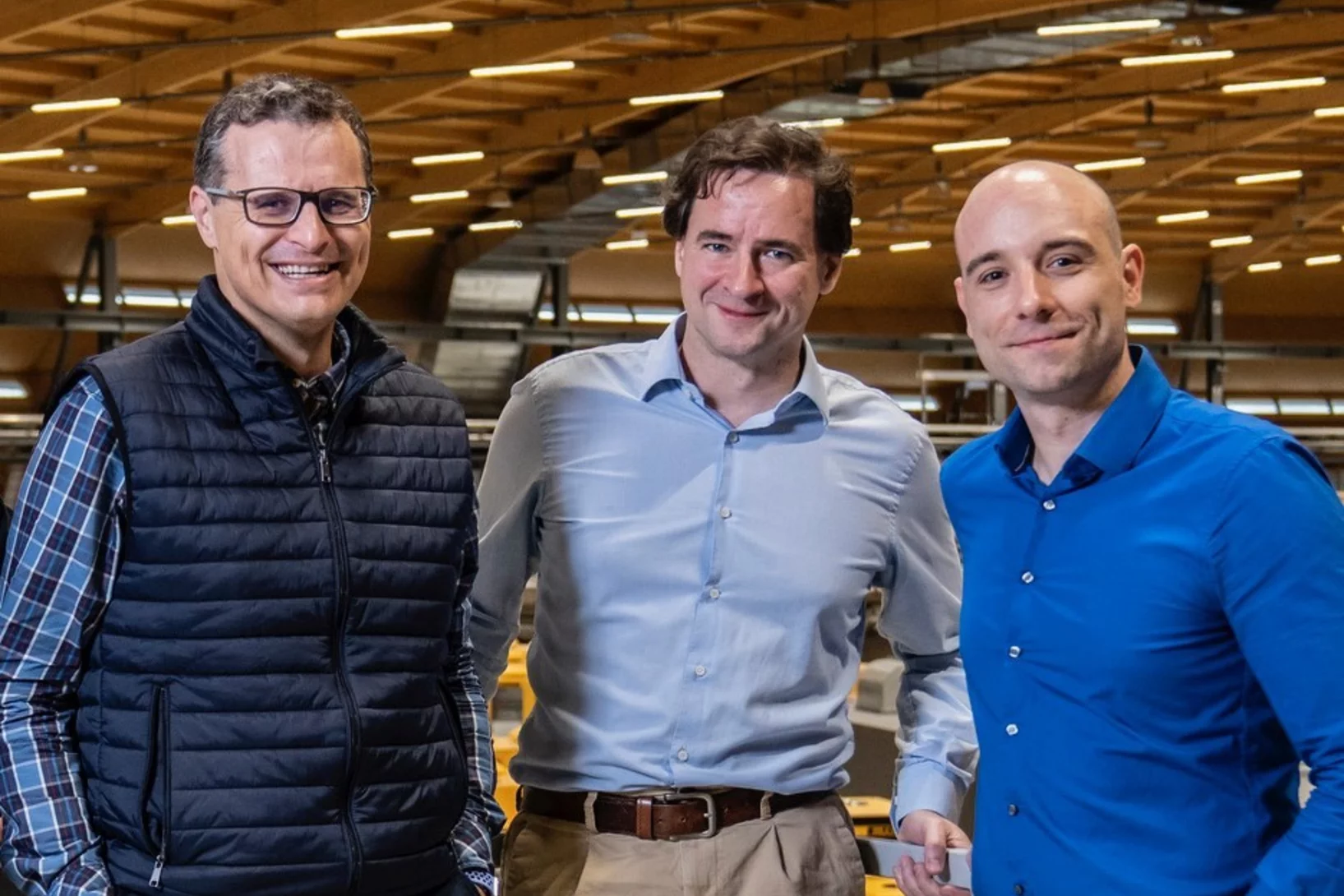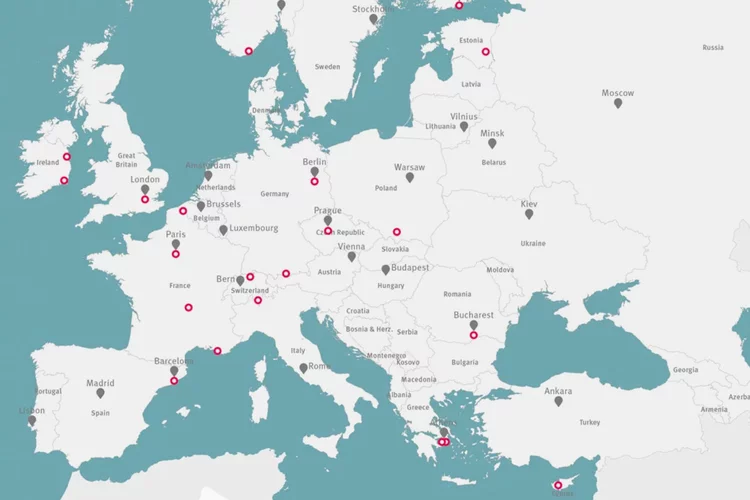AI paves the way towards green cement
Researchers at PSI are using artificial intelligence to develop environmentally friendly formulations for cement.
Targeted funding of innovation for the energy transition
How do innovations arise and how can they be specifically encouraged for the energy transition? PSI researcher Michael Weinold has been looking into this question using LED lamps as an example.
A faster route to green hydrogen
The pH value determines how easily hydrogen can be produced from water when cobalt is used as a catalyst. PSI researchers have now found out why.
Net zero: Taking raw materials into account
A new calculation model from PSI illustrates the complex interdependencies between technology, demand for critical raw materials, and environmental impacts on the road to climate neutrality.
Pollutants often originate in the air
In the CLOUD experiment at CERN, PSI researchers have measured with unprecedented precision how harmful organic air pollutants are formed and dispersed.
New protective coating can improve battery performance
Increasing the energy density of lithium-ion batteries – a sustainable method for cathode surface coating developed at PSI makes it possible.
Moving towards low-carbon road transport
Researchers at the Paul Scherrer Institute PSI have shown how road transport can be decarbonised through the clever integration of renewable energy systems.
60 years of the Hotlab
Switzerland’s longest-running nuclear facility, located at PSI, is celebrating its anniversary today.
Getting to the roots of a global health problem
Imad El Haddad analyses the chemical composition and health impacts of particulate matter at the Center for Energy and Environmental Sciences of the Paul Scherrer Institute PSI.
iLab and Synfuels at the Energy Days! at the Swiss Museum of Transport
October 18, 19, and 20, 2024
The iLab from the Paul Scherrer Institute will be part of the Energy Days with exciting workshops. Discover how we can store renewable energy using innovative technologies like Power-to-Gas and drive the energy transition forward.
How catalysts remove dangerous nitrogen oxides
In industrial catalysis, iron is not equal to iron.
Artificial intelligence explores the underground
The properties of geological units are determined using images of drill cores.
Fast as a plane, clean as a train
In a collaboration across Switzerland, researchers have evaluated the potential environmental impacts of so-called hyperloop systems.
Where should hydrogen be produced in the future?
Researchers at PSI have been looking into where the hydrogen for a future hydrogen economy should be produced and what impact this energy carrier will have on the environment.
Sources of smog in Beijing identified
Researchers at PSI are investigating the wide range of causes underlying smog in Beijing.
Sustainable aviation fuel from the PSI campus
In collaboration with climate start-up Metafuels, a pilot plant for the production of sustainable aviation fuel is being set up on the PSI campus.
Digitalisation: a blessing for the energy transformation
Researchers at PSI have calculated the influence of digitalisation on energy consumption.
Can aerosols stop global warming?
Injecting particles into the stratosphere to cool the earth? In our interview, PSI researcher Markus Ammann comments critically on the controversial subject of solar geoengineering.
How to clean up New Delhi’s smoggy air
PSI researchers are tracking down pathogenic aerosols in India.
Is climate-neutral air travel possible?
Air transport too is to become climate-neutral – how can sustainable fuels, like those developed at PSI, contribute to this?
Glacier melting destroys important climate data archive
PSI researchers analysed two ice cores from the Corbassière glacier on Grand Combin.
How important is hydrogen for the energy transition?
Assessments by PSI energy expert Thomas J. Schmidt
Better batteries for electric cars
PSI researchers make physical and chemical changes in batteries visible.
How trees influence cloud formation
Researchers at PSI have taken a closer look at a previously disregarded factor in the formation of clouds. This could improve the accuracy of climate forecasting.
How can cobalt be reduced in EV batteries?
The electrification of transport is increasing. This means, more batteries are needed. However, some of these batteries contain an extremely problematic raw material: cobalt. PSI is researching alternatives.
Climate-neutral air travel: Is it possible?
Above all, meeting this goal will require sustainable fuels and a reduction in air traffic.
4000 scenarios for a climate turnaround
Researchers at PSI and Columbia University are calculating in detail how climate change can be slowed down.
Tender X-rays show how one of nature’s strongest bonds breaks
Short flashes of an unusual kind of X-ray light at SwissFEL and SLS bring scientists closer to developing better catalysts to transform the greenhouse gas methane into a less harmful chemical.
How can renewable electricity be used all year round?
The federal government’s Energy Strategy 2050 envisages a substantial expansion of photovoltaic systems. But where will the electricity come from when the sun isn’t shining? The solution could be hydrogen.
Switzerland’s path to the net-zero target
The ETH institutions are pooling their expertise in pursuit of the net-zero target.
Wood: A wild card for the energy transition
The role of the natural resource for security of supply in Switzerland
Methane as an energy store
Researchers at PSI and the start-up AlphaSYNT are working together on a solution for efficiently storing energy.
Extreme nighttime pollution in New Delhi air explained
PSI researchers find the cause of high nighttime air pollution in New Delhi
How can we secure our gas supply?
Switzerland depends entirely on foreign gas imports. How can we escape from this dependence and guarantee our gas supply? Synthetic methane might be a solution.
A greener alternative for aviation fuel
Air travel with no carbon footprint – PSI and the Metafuels AG develop a new technology to produce sustainable aviation fuel.
The best of both worlds
Annalisa Manera works as a nuclear researcher at PSI and as a professor at ETH Zurich. A portrait.
Energy efficiency in times of potential power shortages
How PSI is continuously improving the energy efficiency of its own infrastructure and large research facilities
Preparing for energy shortages and blackouts
Peter Burgherr is a risk researcher at PSI. In this interview he talks about possible power shortages in the coming winter and how to prepare for them.
Energy security
How can Switzerland achieve the energy transition? PSI researchers provide answers with a unique computer model.
“More objectivity would be helpful”
The current energy debate could do with more facts and less gut feeling – argue Thomas J. Schmidt, renewables expert, and Andreas Pautz, nuclear energy specialist.
Collecting ice cores before it's too late
PSI researcher Theo Jenk talks about the challenges of ice core research during the climate change crisis.
Many paths lead to the energy future
How can Switzerland achieve the energy transition? PSI researchers provide answers with a unique computer model.
“A race against time”
At a conference the international ice core science community discusses the latest developments in their field.
The Jungfraujoch aerosol detectives
Aside from its stunning landscape, the Jungfraujoch also provides an ideal location to research the impact of aerosols on our climate.
A warm intrusion in the Arctic causes extreme pollution levels
Surprising data about pollutants in the Northern Hemisphere
Combining forces for the energy transition
The Paul Scherrer Institute PSI and the start-up AlphaSYNT are piloting a new approach for storing energy in the form of methane gas.
Reaction insights help make sustainable liquid fuels
Methanol made from CO2 in the air can be transformed into carbon neutral fuels. New mechanistic understanding aids development of this sustainable alternative.
European map of aerosol pollution can help improve human health
Researchers have measured and determined the sources of aerosol pollution at 22 locations in Europe.

